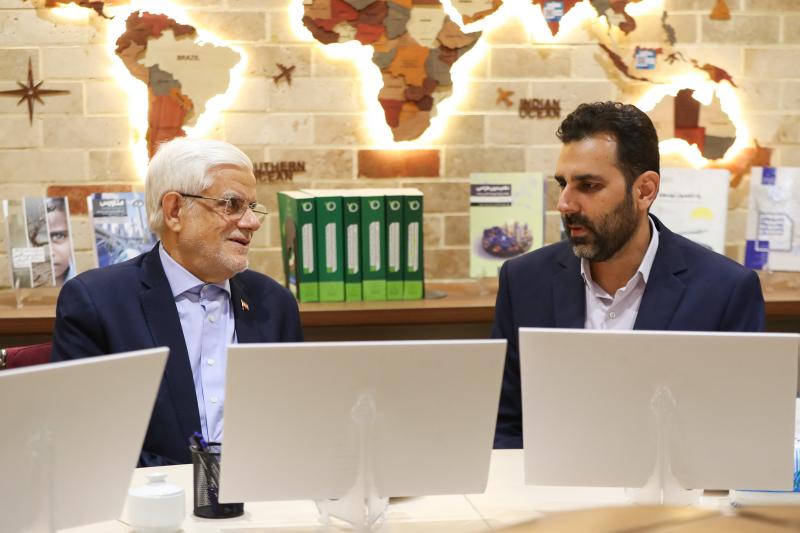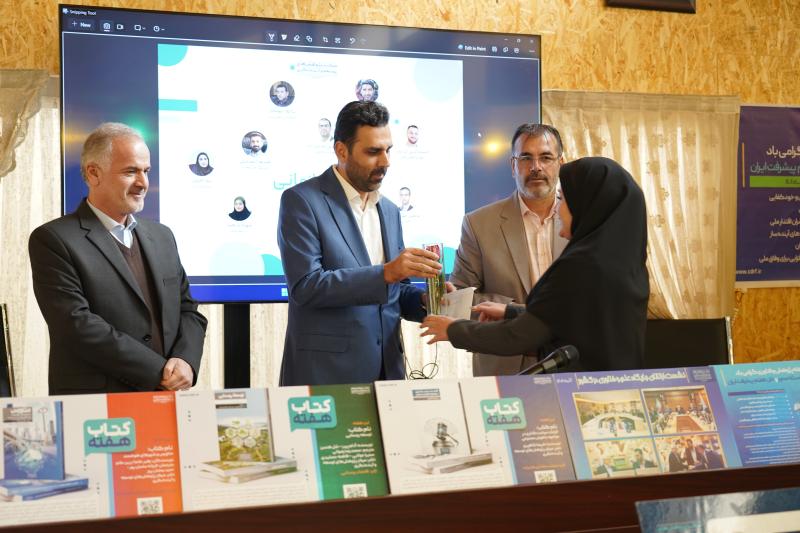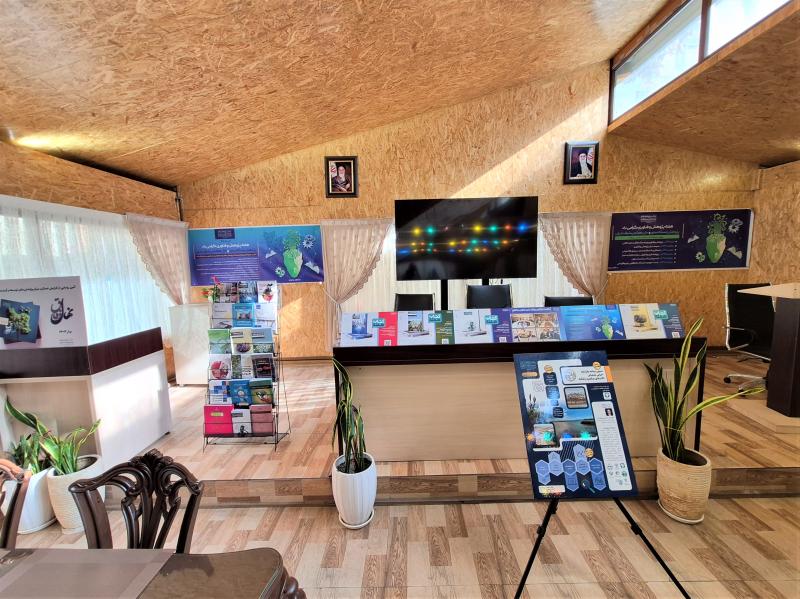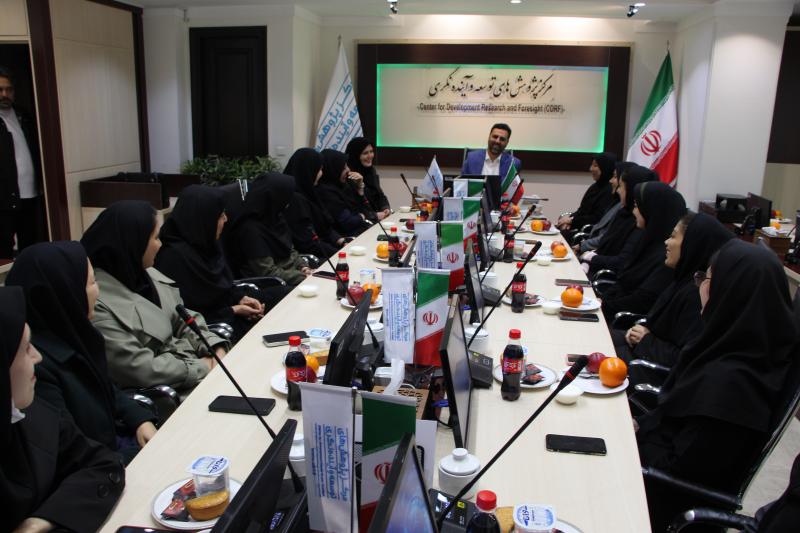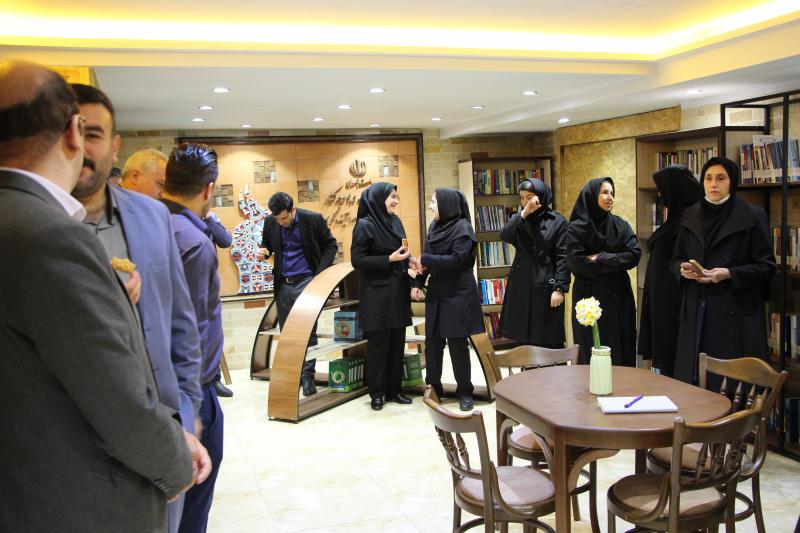
-
بررسی آییننامهها و دستورالعملهای برنامه هفتم پیشرفت
-
بررسی عوامل موثر بر افزایش تصادفات و تلفات جادهای و سوانح رانندگی و دادهکاوی تلفات انسانی
-
سازماندهی و بازآرایی فضایی آموزش عالی کشور
-
به روز رسانی سند ملی آمایش سرزمین
-
انجام مطالعات مناطق آزاد به عنوان نواحی پیشران اقتصادی کشور
-
اصلاح ساختار بودجه و پیاده سازی نظام یکپارچه مدیریت اطلاعات مالی دولت (IFMIS)
کلید واژه : Budget
تعداد اخبار : 67
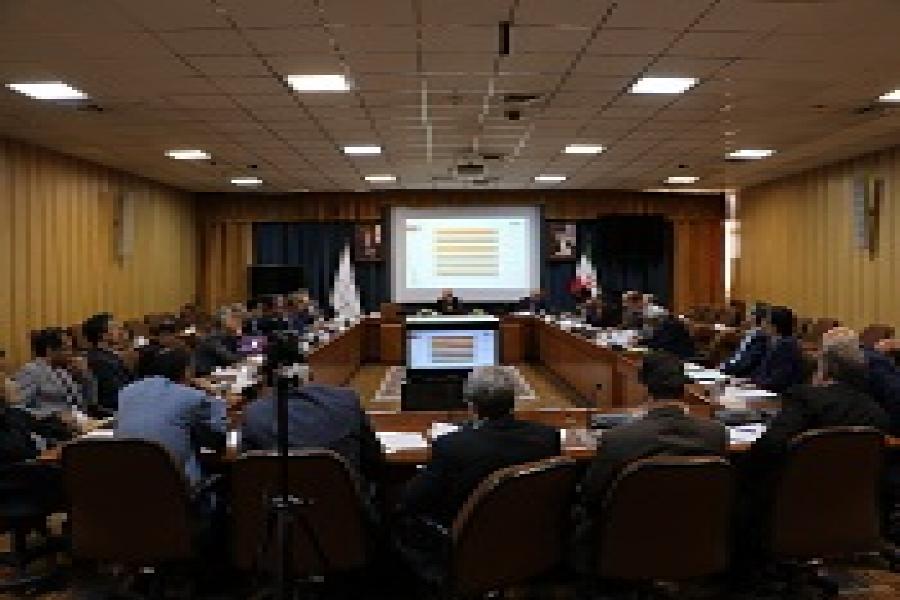
نقش نظارت مالی در مدیریت هزینه ها در بودجه عمومی کشور
نشست تخصصی مدیریت هزینه در بودجه عمومی کشور با حضور مدیران و کارشناسان بودجه برگزار شد. 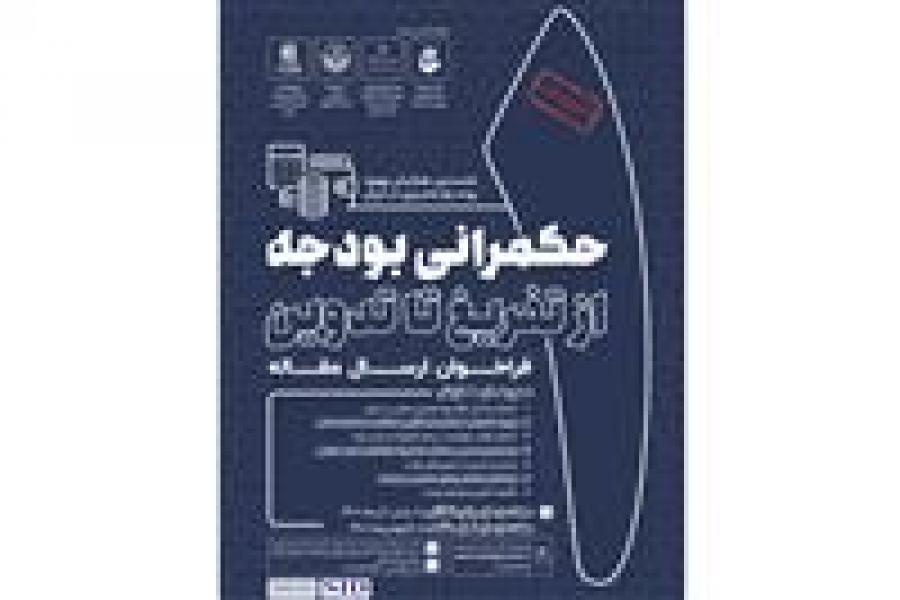
همایش علمی بهبود روند بودجه ریزی در ایران،آماده دریافت تولیدات علمی پژوهشگران عرصه بودجه کشور شد
تارنمای رسمی همایش علمی بهبود روند بودجه ریزی در ایران از ابتدای آبان ماه شروع به فعالیت کرده و بدین ترتیب دبیرخانه همایش آماده دریافت تولیدات علمی در قالب محورهای اعلامی خود است. 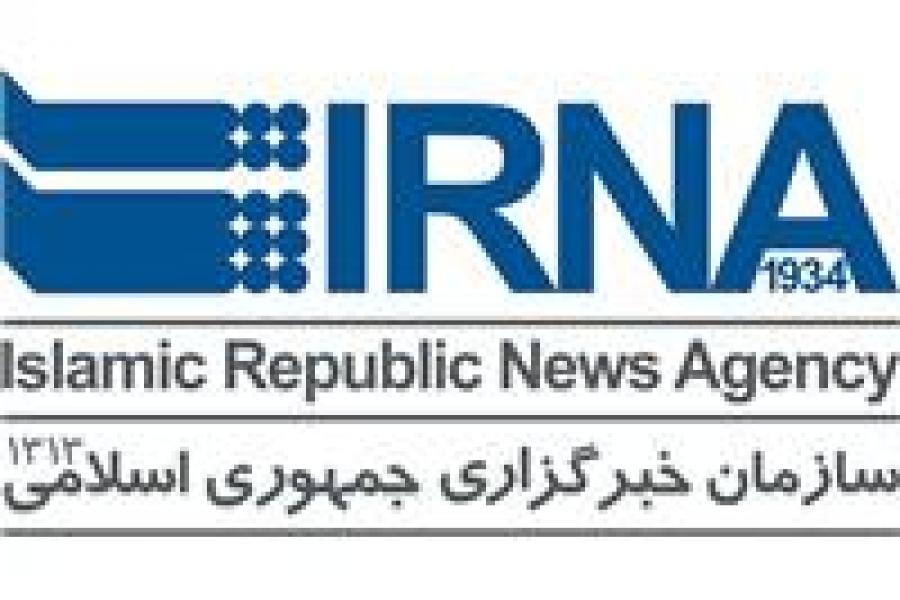
برگزاری نخستین همایش بهبود روند بودجه ریزی در ایران
تهران- ایرنا- همایش ملی بهبود روند بودجه ریزی در ایران با عنوان «حکمرانی بودجه، از تفریغ تا تدوین» برای نخستین بار توسط مرکز پژوهش‌های توسعه و آینده سازمان برنامه و بودجه کشور برگزار خواهد شد. 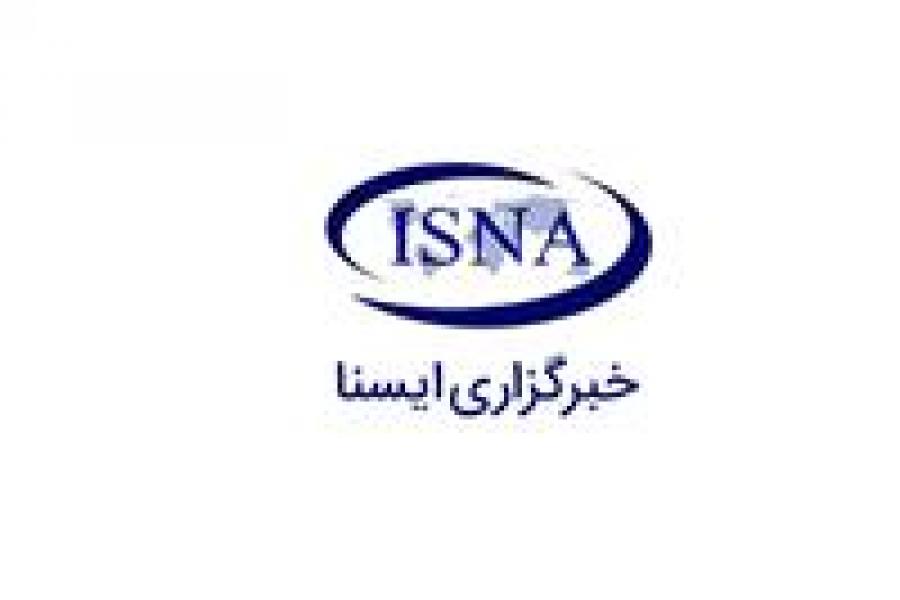
فراخوان ارسال مقاله به همایش حکمرانی بودجه از تفریغ تا تدوین
به گزارش ایسنا، همایش بهبود روند بودجه‌ریزی در ایران با عنوان «حکمرانی بودجه از تفریغ تا تدوین»، با مشارکت مرکز پژوهش‌های توسعه و آینده‌نگری سازمان برنامه و بودجه، مرکز آموزش و برنامه‌ریزی دیوان محاسبات، دانشکده حکمرانی دانشگاه تهران، پژوهشکده اقتصادی وزارت امور اقتصادی و دارایی برگزار می‌شود. 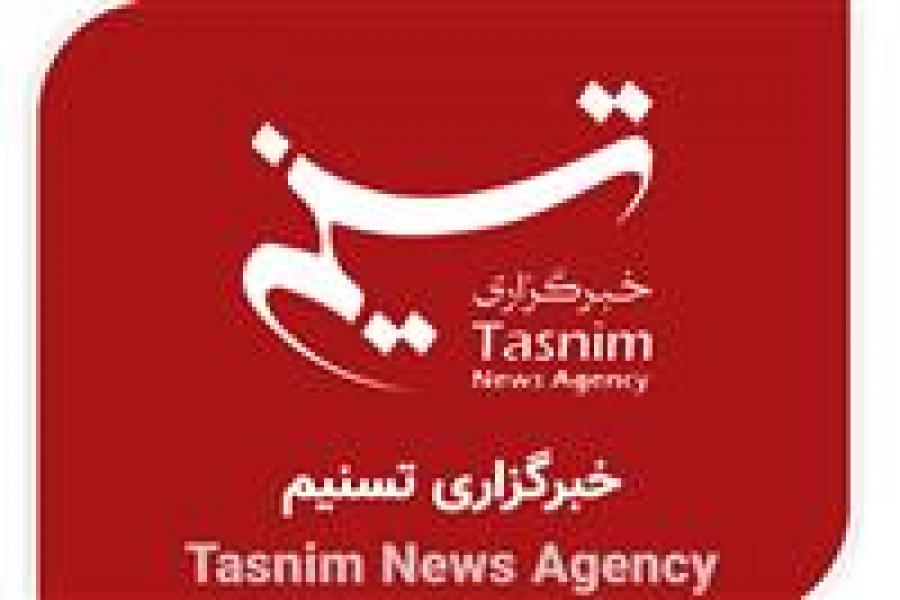
حرکت در مسیر ارتقا حکمرانی بودجه با همکاری وزارت اقتصاد، سازمان برنامه و دیوان محاسبات
به گزارش خبرگزاری تسنیم، برای نخستین بار در اردیبهشت امسال بود که خبر ورود نهاد علمی به منظور کمک به حل مسئله اصلاح روند بودجه ریزی در کشور با اعلام موجودیت شورای سیاستگذاری همایش بهبود روند بودجه ریزی اعلام شد. 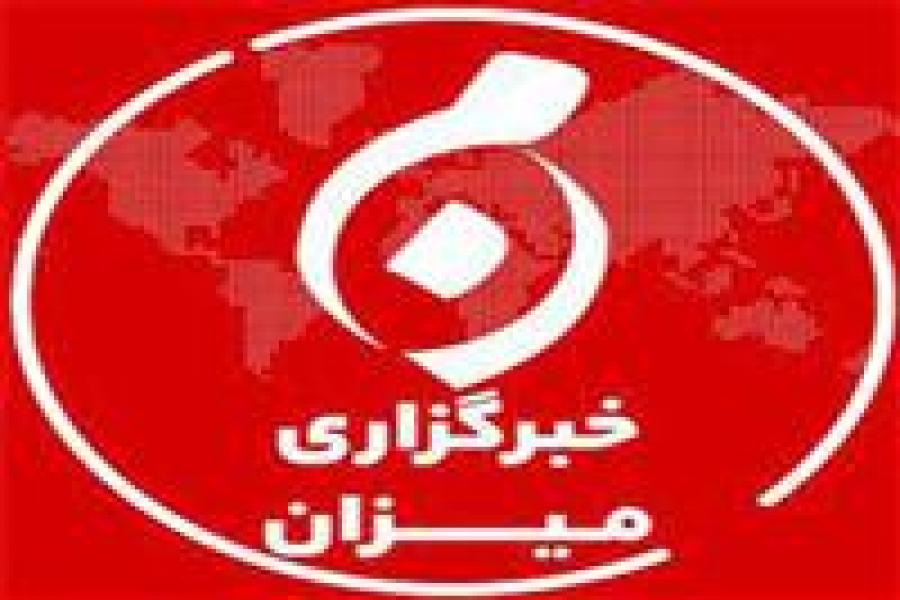
همایش علمی در خدمت اصلاح بهبود روند بودجه ریزی کشور
خبرگزاری میزان – طبق اعلام روابط عمومی دبیرخانه همایش علمی بهبود روند بودجه ریزی در ایران، برای نخستین بار در اردیبهشت امسال بود که خبر ورود نهاد علمی به منظور کمک به حل مسئله اصلاح روند بودجه ریزی در کشور با اعلام موجودیت شورای سیاستگذاری همایش بهبود روند بودجه ریزی اعلام شد. 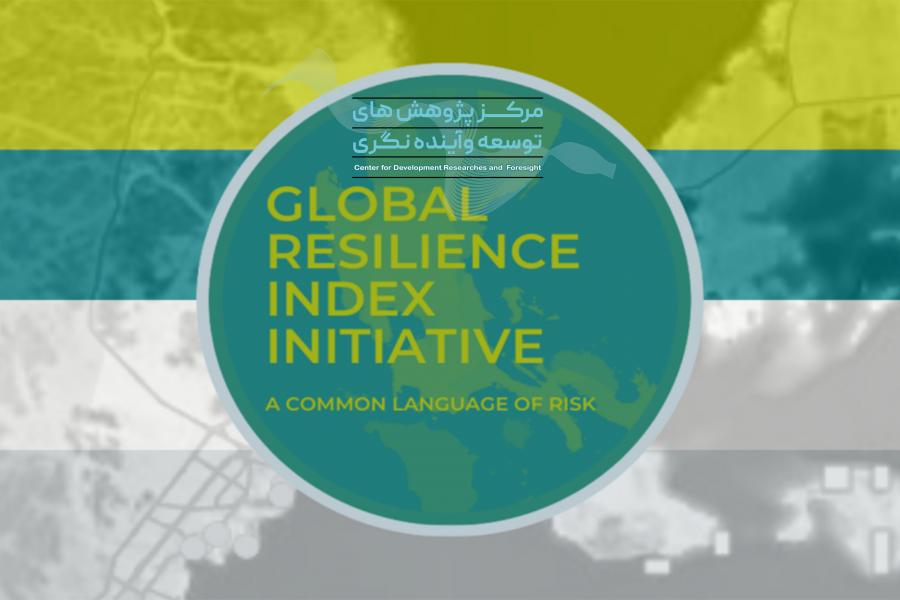
Improvement in the Islamic Republic of Iran's rank in the Global resilience index despite sanctions
According to Dr. Ali Hossein pour, the head of international relations and communications with scientific and research centers and organizations of the Center for Development Research and Foresight, one of the crucial factors for evaluating a country’s development is its rank in international development indices.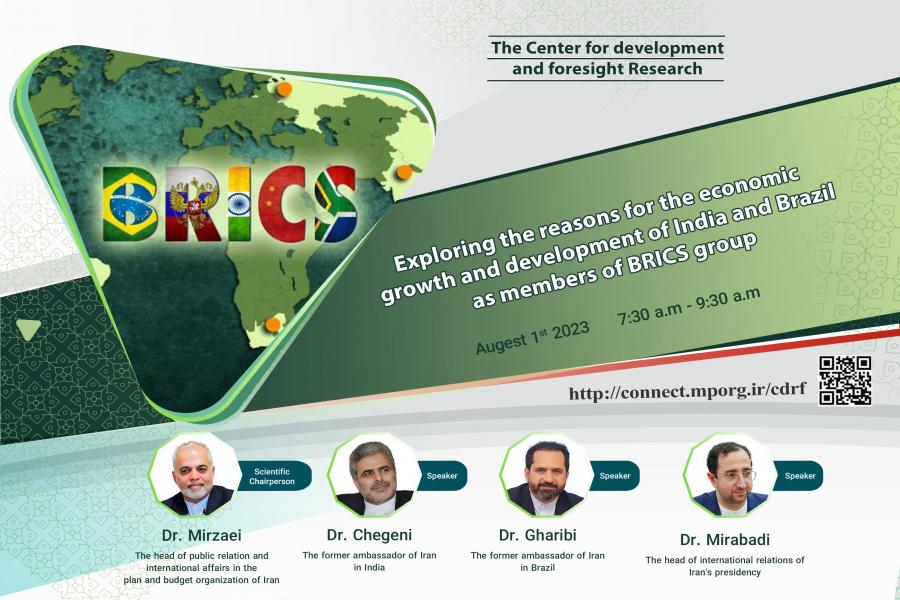
The private sector is the driving force of the BRICS countries’ economic development
The specialized conference of “Exploring the reasons for the success of the development plans of the BRICS countries; with a focus on Brazil and India” was held. It was stated that the private sector is considered as the driving force of economic development in Brazil and India. Also, it was mentioned that utilizing the economic development experience of Brazil and India would be a pivotal factor for the development of Iran’s economy.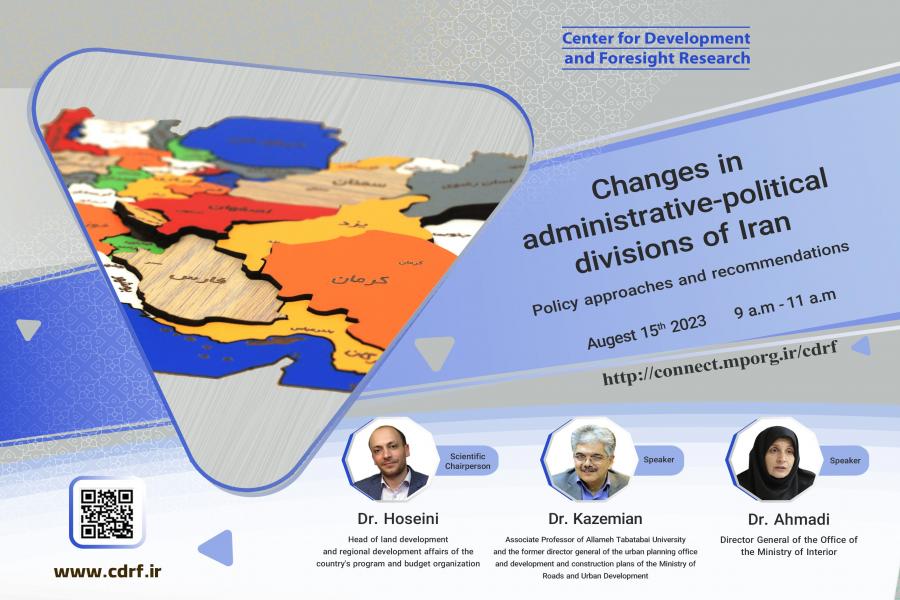
National Land Use Plan: The Key to Balanced Development and Budget Resource Allocation
The scientific-specialized conforence of "Transformations in the Administrative-Political Divisions of Iran: Approaches and Policy Recommendations" was held. 
Iran’s Golden Opportunity: Exploring New Commercial Markets in Africa
In the conference of “The Role of International Relations in Controlling Inflation and Production Growth”, it is stated that the main economic goals at the Ministry of Foreign Affairs are fostering currency inflow and boosting employment growth. The embassies have a special mission to support and market the products of 640 domestic knowledge-based companies. Special attention is given to Iran's business opportunities with neighboring countries, Latin America, Southeast Asia, and especially Africa as a priority of the Ministry of Foreign Affairs in the thirteenth government. There is a high demand for Iran's medical and pharmaceutical products in Latin America..jpg)
Public-Private Partnerships in Land Development: Key Figures Discuss Pressing Issues
In the specialized conference titled "The Model of Public-Private Partnership in Land Development", it is stated that Public-Private Partnerships (PPPs) are essential for meeting the world's infrastructure needs, but face challenges such as financing, maintenance, and planning. Governments play a crucial role in PPPs by fostering a collaborative environment, building capacity, and providing transparent policy-making and necessary financial resources. In Iran, PPPs are still in their early stages, and the government needs to address challenges such as lack of interest from executive agencies and absence of a comprehensive approach..jpg)
CDRF Conference Discusses Planning-oriented Governance for Water, Food, and Farmer's Livelihood Security
The Center for Development Research and Foresight (CDRF) held a conference on planning-oriented governance for water, food, and farmer's livelihood security. The conference speakers discussed the importance of agriculture in land use planning, the three pillars of food security, and global challenges to food security. They also defined land use planning and food sovereignty, and emphasized the importance of sustainable farming practices. The CDRF conference highlighted the critical role of agriculture and food security in land use planning. The speakers discussed the challenges to food security and the need for sustainable farming practices. They also emphasized the importance of empowering producers and consumers with control over the production, distribution, and consumption of food.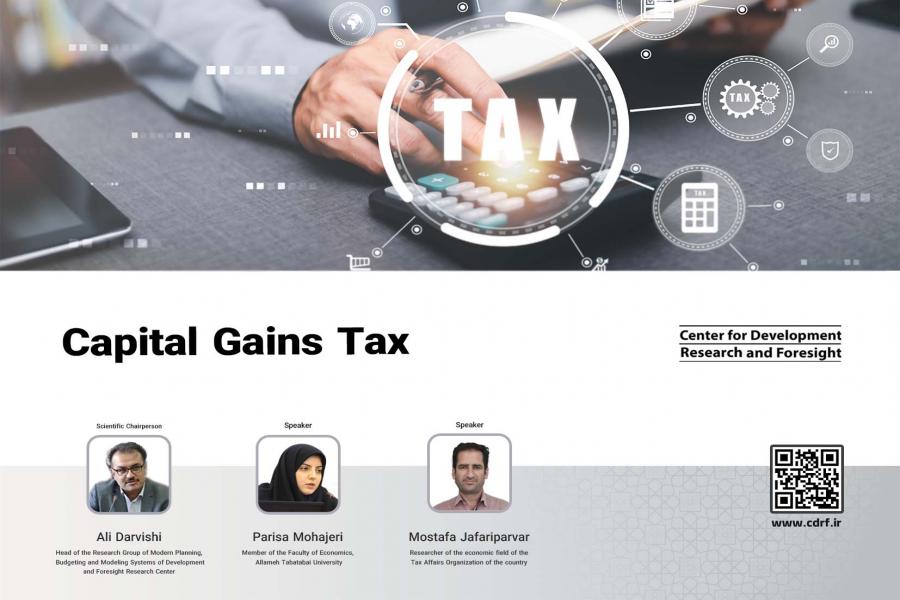
Capital Gains Tax in Iran
Iran’s 2022 budget projects tax collection to make up over 80% of the expected revenues, leading to a negative operational balance due to high government expenses. To address this, the government plans to increase tax revenues by identifying new tax bases and implementing a capital gains tax plan. However, concerns exist about the efficiency of the current tax system and the social impact of the capital gains tax law. 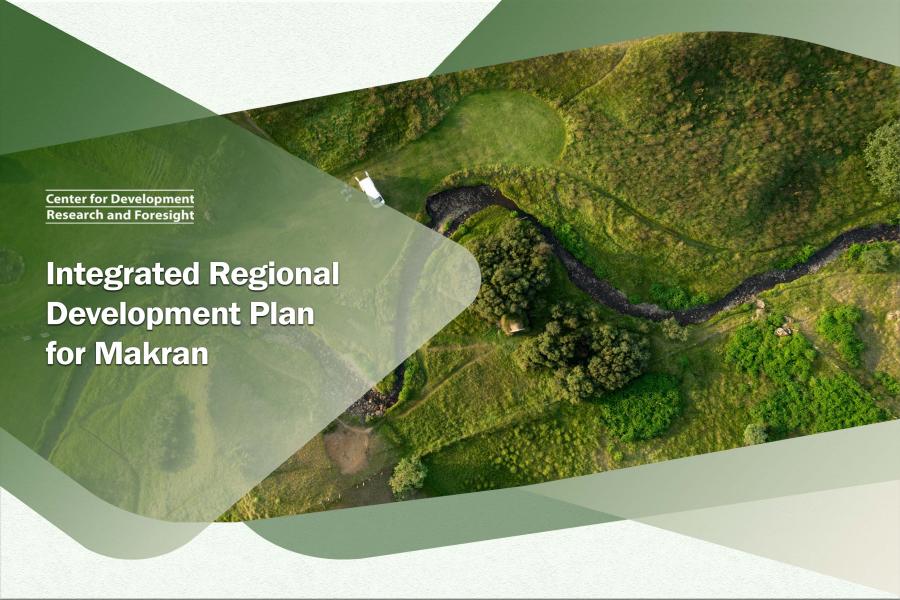
Integrated Regional Development Plan for Makran
The Makran region is one of the priorities of the country’s spatial development. Therefore, various plans and programs have been devised and implemented for this region.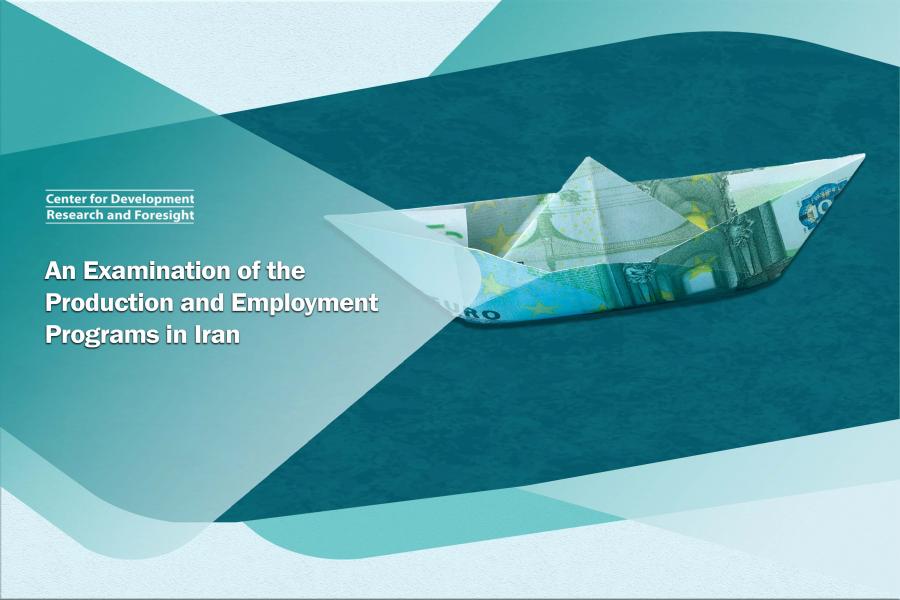
An Examination of the Production and Employment Programs in Iran
Commencing in 2016, the Iranian annual budget legislation has consistently highlighted employment support, production and employment, as articulated in Article 18. A comprehensive examination has been undertaken on the way that Article 18 has been performed within this specified duration. The examination disclosed the existence of certain deficiencies in planning.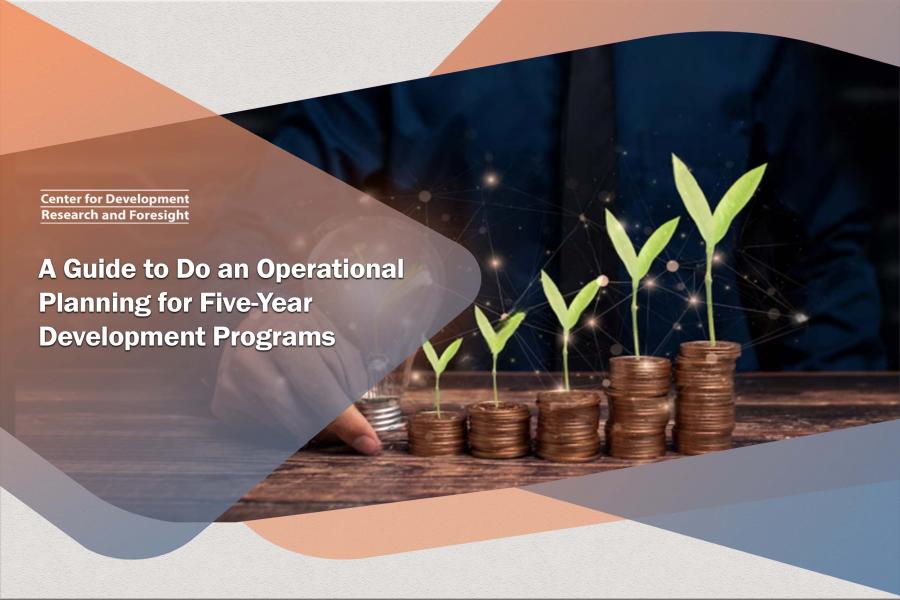
A Guide to Do an Operational Planning for Five-Year Development Programs
An action plan is a projection of actions that are needed to achieve specific goals based on the possibilities, limitations, and outlines established in strategic planning. This study aims to provide a model for developing the action plan of the country's five-year development plan to address frequent criticism in the country's development planning system.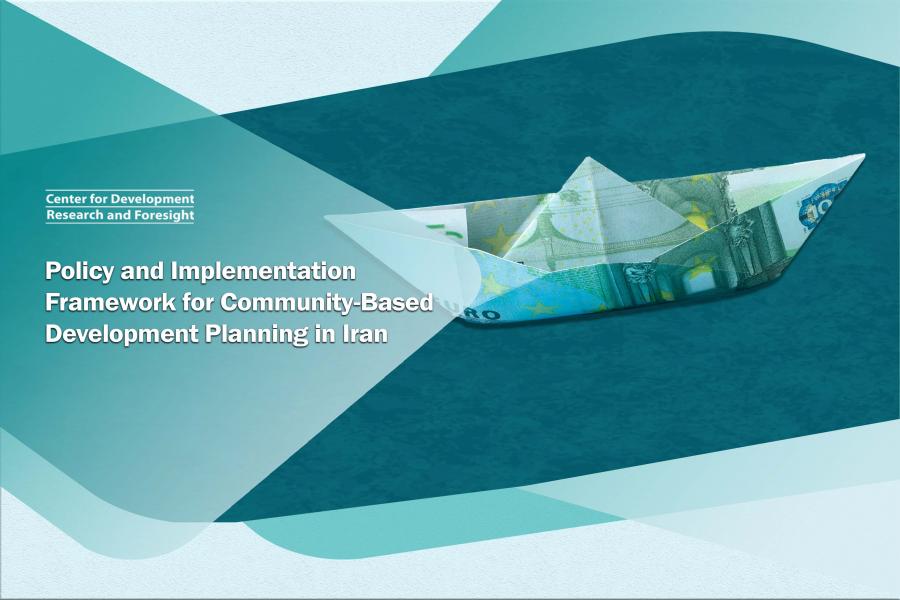
Policy and Implementation Framework for Community-Based Development Planning in Iran
This report delineates a comprehensive policy and implementation framework, specifically designed to address the institutional and functional gaps within the structure and processes of regional development programs in Iran. The primary objective is to transcend the confines of pilot projects and centralized approaches, with a concentrated focus on empowering target communities and key beneficiaries of regional development. The overarching goal is to facilitate decentralization, mitigate regional disparities, localize national development initiatives, and stimulate dynamic grassroots participation.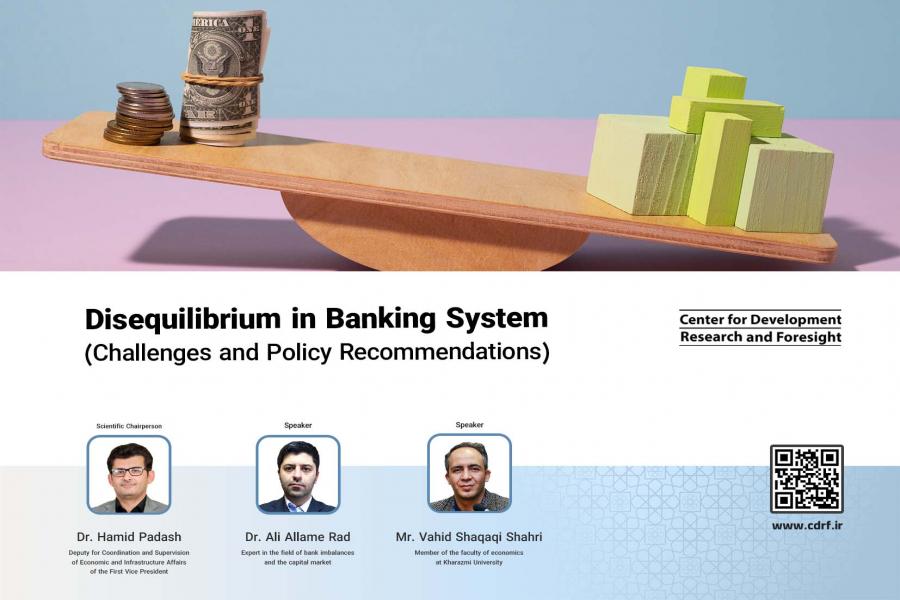
Disequilibrium in Banking System: Challenges and Policy Recommendations
The banking sector's disequilibrium has emerged as a pervasive and enduring challenge within the nation's macroeconomic framework. A series of strategic missteps have plagued the banking sector over the preceding four decades, including: the absence of unified Central Bank oversight from the late 1960s until 1994, despite formal recognition (substantive supervision remained deficient), the premature privatization of the banking industry without adequate national economic preparation, the imposition of government expenditures on private and non-governmental banks, particularly to offset a portion of the budget deficit, the perpetuation of a traditional view of money as a private commodity (a primary factor exacerbating domestic inflation), and vacillation between disparate economic schools, shifting from socialist to capitalist ideologies.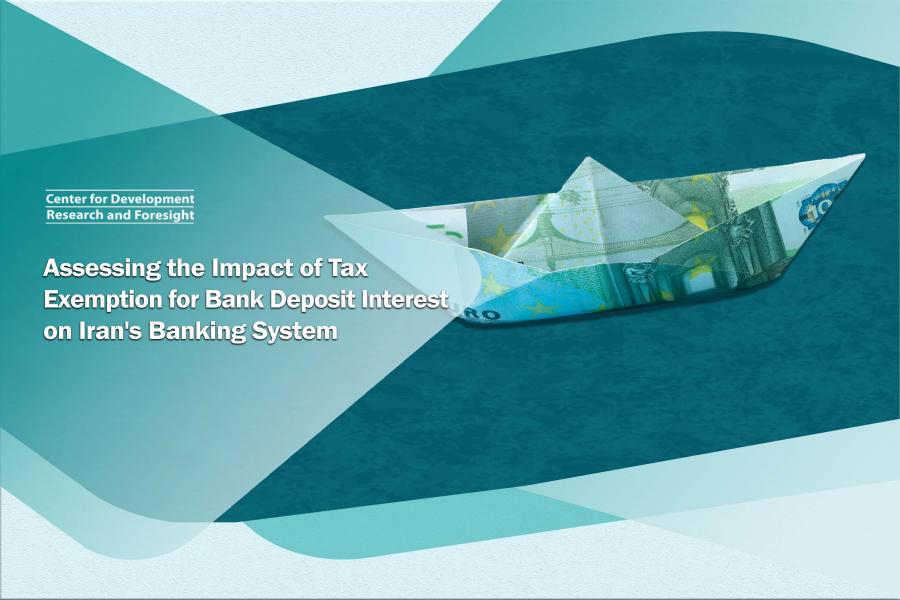
Assessing the Impact of Tax Exemption for Bank Deposit Interest on Iran's Banking System
The exemption of bank deposit interest from taxation within Iran’s financial system is a topic of considerable debate in this field. This research investigates whether the tax on deposit interest should be regarded as an integral component of the tax system or if it should continue to be exempt. Addressing this question, which forms the crux of this study, necessitates a comprehensive review of tax literature, the structure of Iran’s tax system, and its economic, social, and political conditions. This research adopts a three-step approach to address the issue of exempting bank deposit interest from taxation.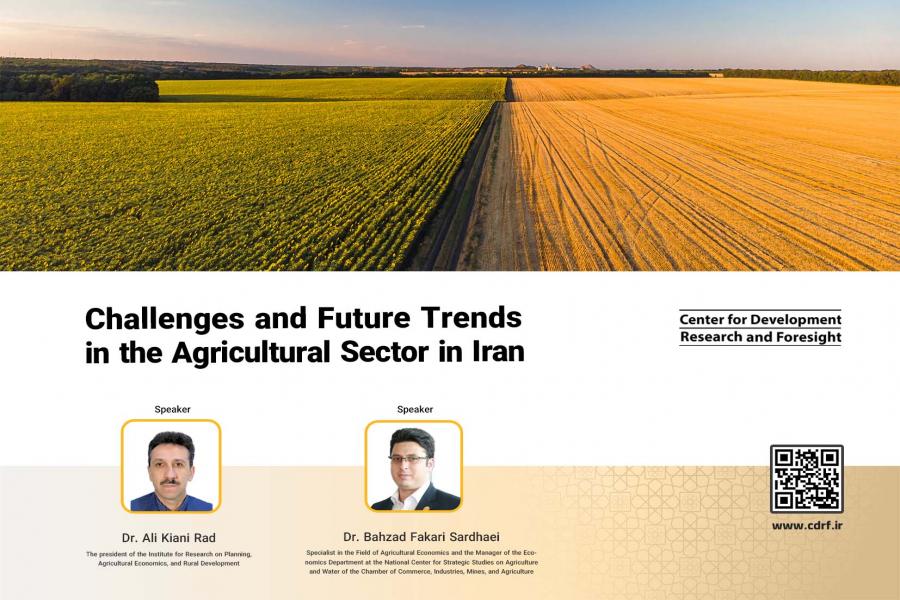
Challenges and Future Trends in the Agricultural Sector in Iran
Agriculture plays a critical role in Iran's economy, providing employment for over 15% of the workforce. While the sector holds immense potential for growth and development, it also faces significant challenges. Identifying these challenges and their impact on the agricultural system is essential for policymakers and stakeholders to formulate effective and targeted policies that address both current and potential issues, thereby enhancing the sector's resilience and enabling it to achieve sustainable development goals.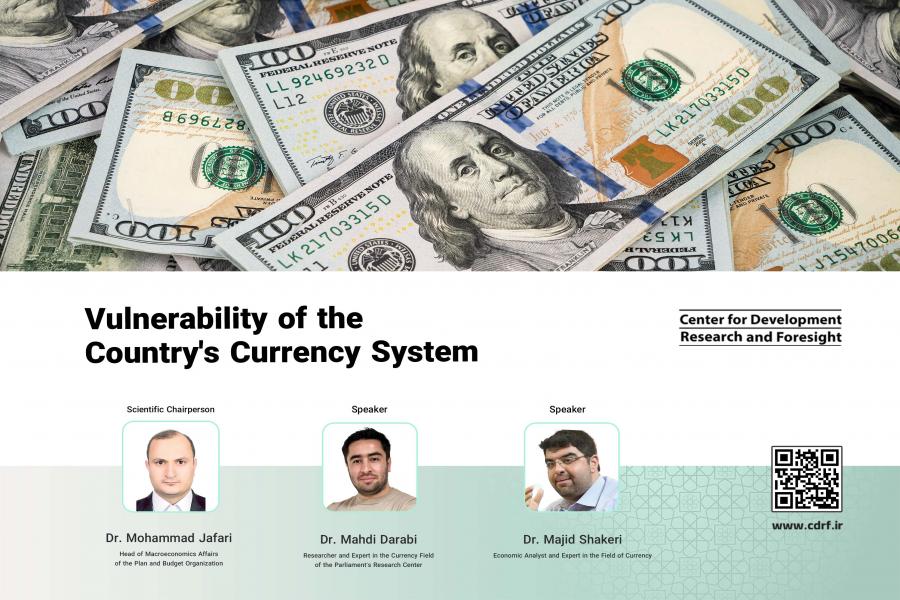
A Review of the Country's Foreign Exchange System: Identifying Vulnerabilities, Addressing Challenges, and Formulating Effective Policy Recommendations.
Exchange rates, as critical macroeconomic indicators, play a pivotal role in assessing a nation's economic resilience in the face of diverse shocks and uncertainties. Guided by their unique economic and political landscapes, as well as their status as oil exporters or importers, countries adopt specific currency regimes, each with its distinct set of requirements and constraints. An oil-exporting nation's economic priorities and strategies may diverge significantly from those of an oil-importing nation.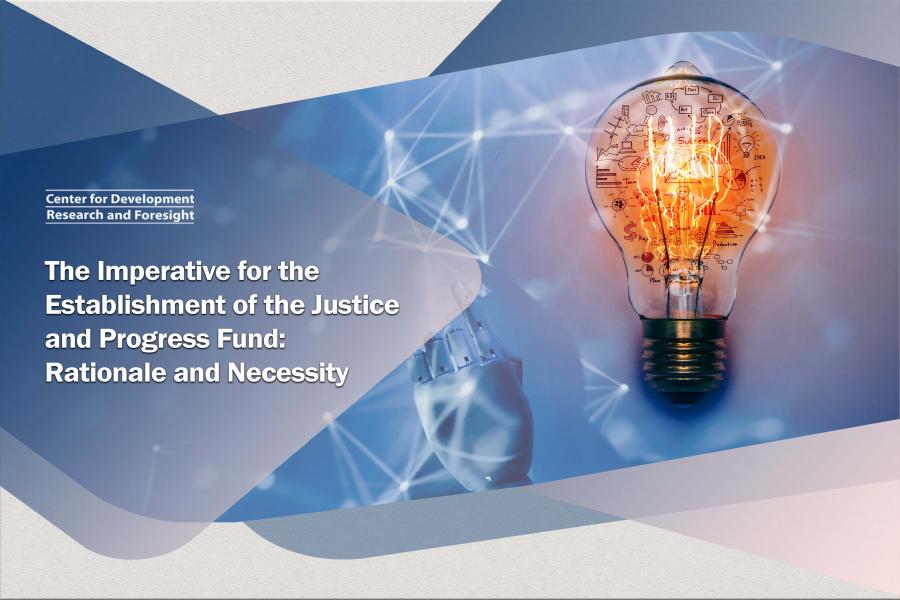
The Imperative for the Establishment of the Justice and Progress Fund: Rationale and Necessity
The Center for Development Research and Foresight, commissioned by the Country's Program and Budget Organization's Directorate, has embarked on a study titled "Progress and Justice Fund." This research seeks to evaluate the proposed scenarios for establishing the country's growth and development funds. Drawing upon the experiences of the Omid Entrepreneurship Fund's SWOT analysis, this study aims to provide insights into the formation of national growth and development funds. The primary objective of this research is to identify the dimensions, strengths, opportunities, potential bottlenecks, and challenges associated with the Progress and Justice Fund, while also proposing solutions for its implementation.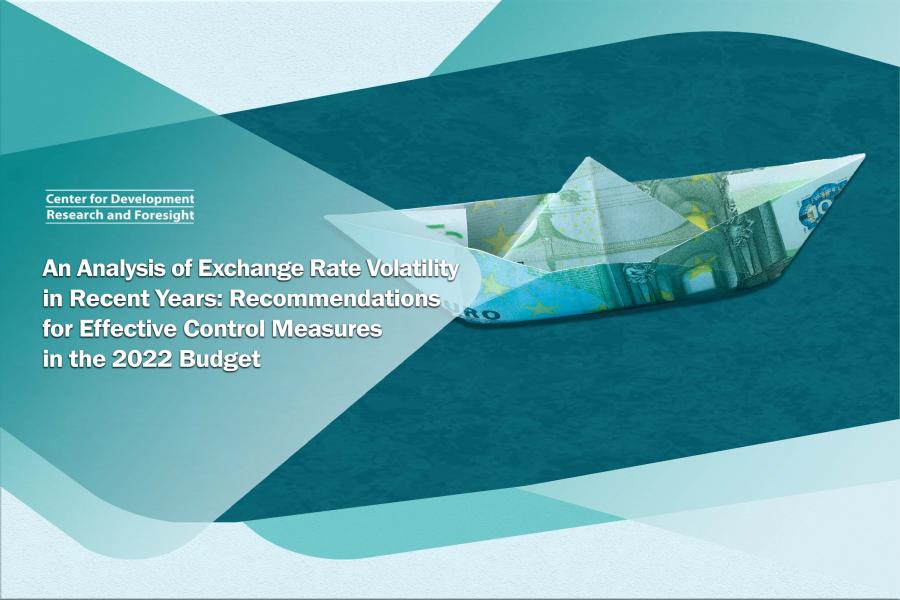
An Analysis of Exchange Rate Volatility in Recent Years: Recommendations for Effective Control Measures in the 2022 Budget
The foreign exchange market, a crucial element of the economy, exerts a profound influence on the regulation of other economic sectors. In recent years, significant exchange rate fluctuations have been observed, predominantly stemming from the direct impact of international sanctions and the improper management of the foreign exchange market. These fluctuations have emerged as a primary catalyst for macroeconomic instability.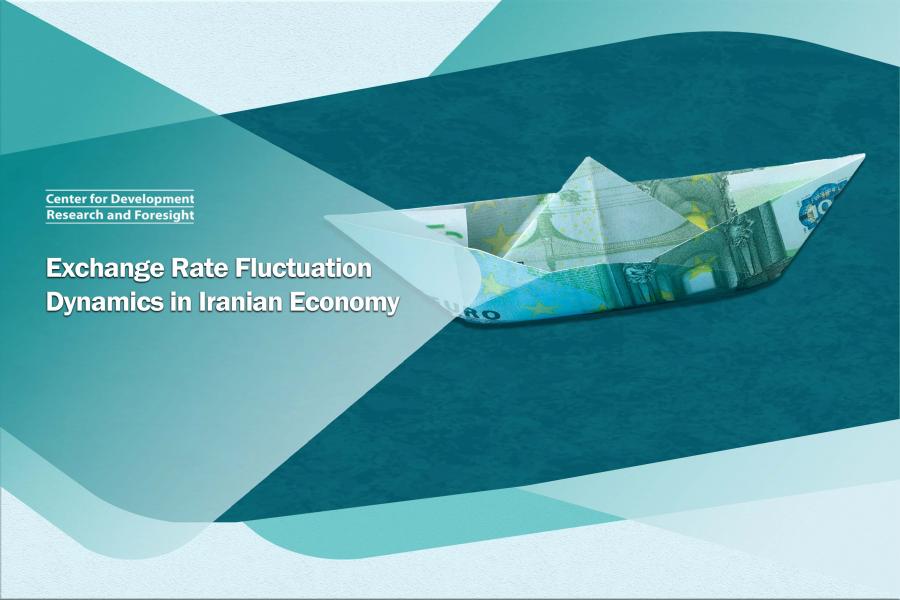
Exchange Rate Fluctuation Dynamics in Iranian Economy
Iran's long-standing exchange rate volatility, marked by a persistent upward trend throughout the past century, has intensified in the latter half of the 20th century. These exchange rate shocks have primarily stemmed from various protectionist and regulatory policies implemented by successive Iranian governments. The prevalence of multiple exchange rates, attempts to suppress exchange rates through administrative measures, and the fixation of exchange rates have all contributed to these fluctuations. A notable turning point occurred in 2018 when the Iranian government introduced a preferential exchange rate of 4200 alongside the prevailing market rate, in response to the United States' withdrawal from the Joint Comprehensive Plan of Action (JCPOA) and the subsequent need to manage the foreign exchange market.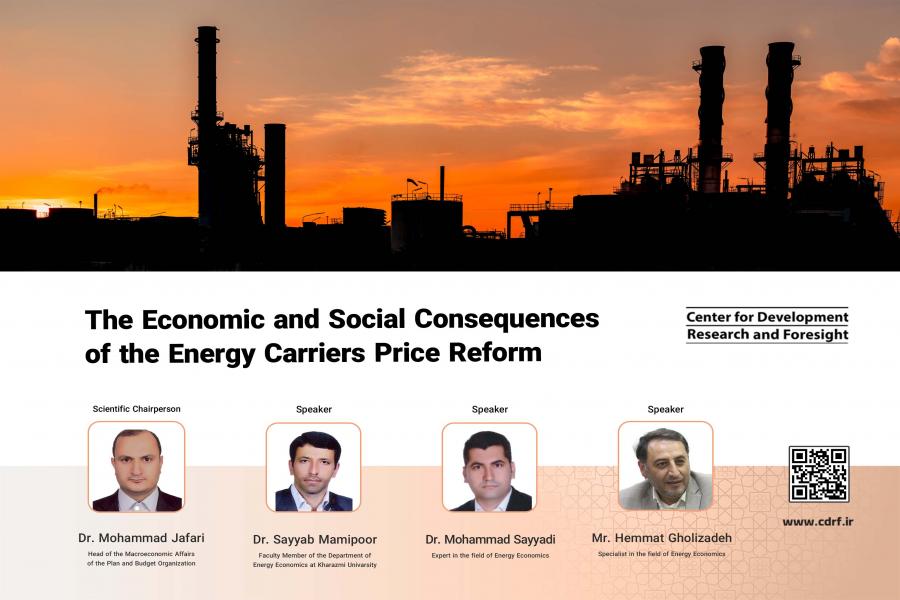
The Economic and Social Consequences of the Energy Carriers Price Reform
Given the significant role of energy in Iran’s economy, the pricing of energy carriers, particularly gasoline, has always been a critical factor in the implementation of government policies and the overall economy of Iran. The Energy Subsidy Reform policy and the appropriate pricing method have consistently posed challenges, with various governments grappling with economic, social, and environmental challenges in gasoline price reforms.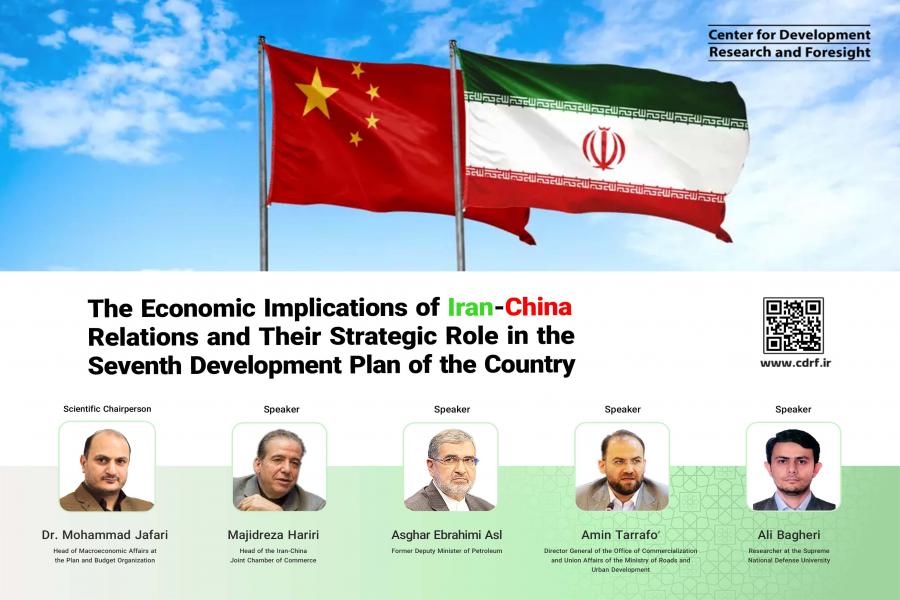
The Economic Implications of Iran-China Relations and Their Strategic Role in the Seventh Development Plan
The economic development and growth of a nation are intrinsically linked to the growth of its investments. As per the data from UNCTAD and domestic sources, it is observed that over the past two decades, the annual foreign investment in Iran has oscillated between 1 and 5 billion dollars. However, the potential for attracting foreign capital has seen a decline due to a myriad of internal and external risks coupled with investment barriers. To achieve the development objectives, an investment exceeding 200 billion dollars is necessitated, out of which a minimum of 100 billion dollars must be procured from external sources.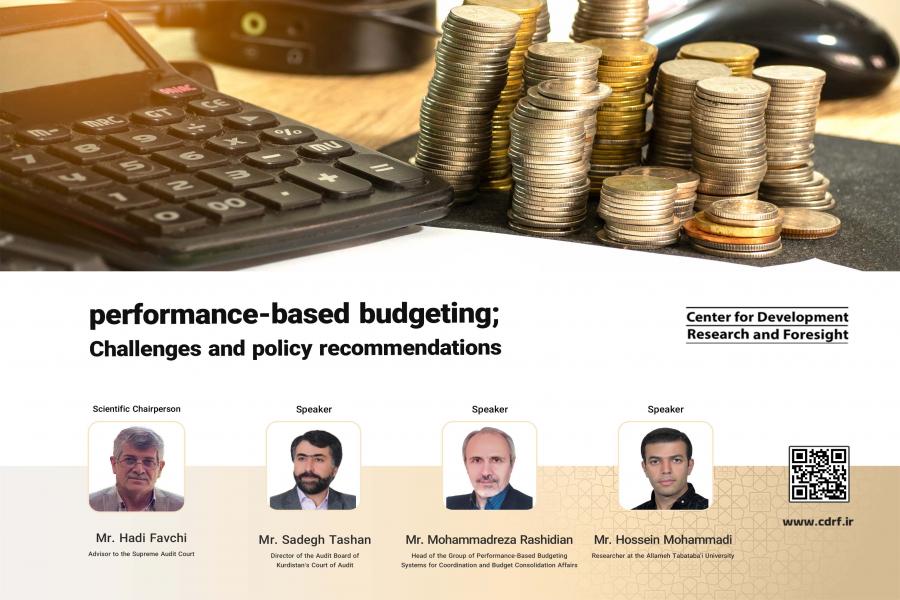
performance-based budgeting; Challenges and policy recommendations
Performance-based budgeting fosters optimal resource utilization, enhances productivity through efficiency improvement, facilitates the achievement of goals, aligns strategic objectives with operational plans, and promotes transparency and accountability. When properly implemented and scientifically managed, this type of budgeting lays the groundwork for good governance and facilitates the realization of societal values.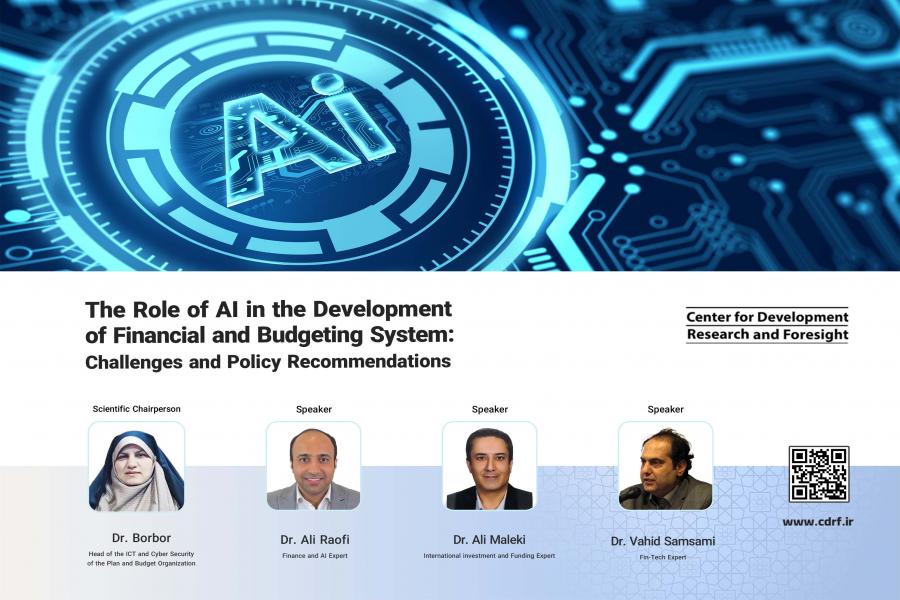
Artificial Intelligence and its role in the Development of Financial Systems and Budgeting
Artificial intelligence (AI) has emerged as a transformative technology, extensively studied and developed over the past seven decades. Its growing prominence has rendered it an indispensable tool for governments worldwide. While AI's potential to enhance decision-making power and quality remains an ongoing area of inquiry, its application in certain policy domains, such as public budget drafting, has received limited attention. This paper delves into the untapped potential of AI in budget allocation, a critical aspect of financial policy.
Maritime Development is a Key to Boast Economic Growth
The recent conference at the Center for Development Research and Foresight highlighted the growing importance of the maritime economy to the country's future. Experts and officials convened to discuss the potential of the seas and coasts to drive growth, create jobs, and address some of the country's long-term challenges.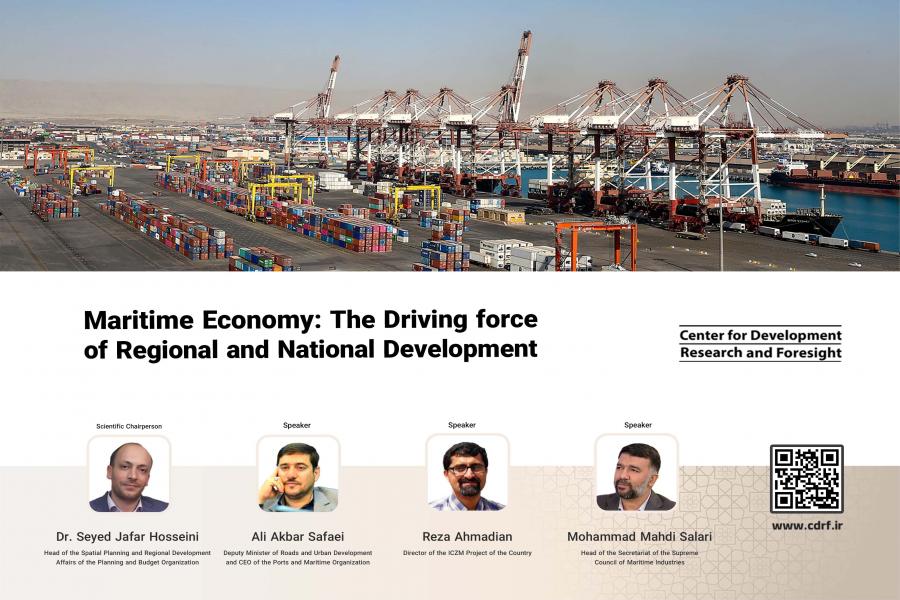
Maritime Development is a Key to Boast Economic Growth
The recent conference at the Center for Development Research and Foresight highlighted the growing importance of the maritime economy to the country's future. Experts and officials convened to discuss the potential of the seas and coasts to drive growth, create jobs, and address some of the country's long-term challenges.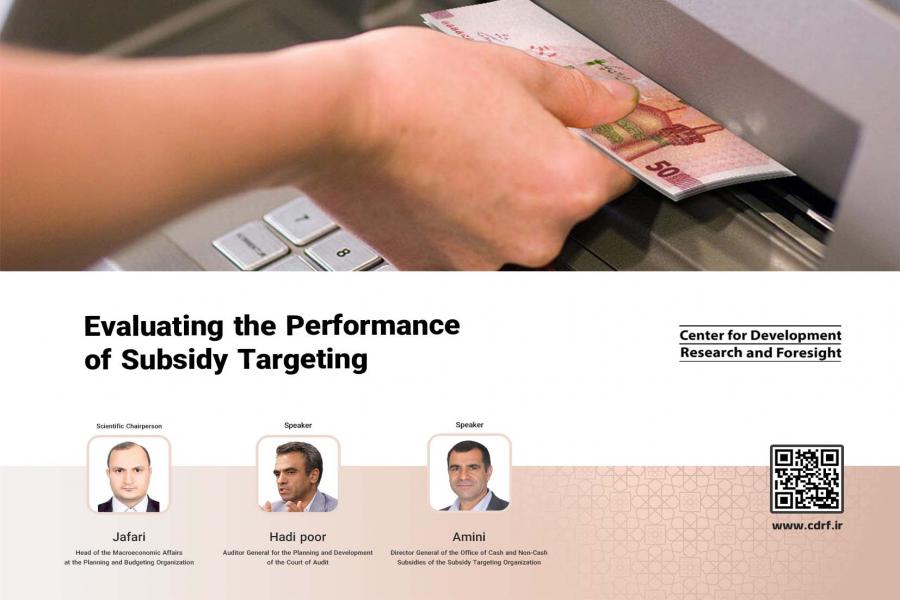
Evaluating the Performance of Subsidy Targeting
A heated debate unfolded at the conference titled “Evaluating the Performance of Subsidy Targeting” at the Center for Development Research and Foresight with key figures clashing over the effectiveness and future of the nation's complex support system.
The Importance of Data Mining in Financial Transparency
The recent conference at the Center for Development Research and Foresight brought together experts to discuss how data governance and mining can improve the country's budgeting process. The conference was part of an ongoing series aimed at improving budget transparency and efficiency.
Parliamentary Intervention in Budgeting: A Scrutiny-Seeking Issue
The Conference titled “Parliamentary Intervention in Budgeting: A Scrutiny-Seeking Issue” with a concentration on improving the budgeting process in Iran, held at the Center for Development Research and Foresight, brought together experts to discuss the role of parliament in budget decision-making. The conference highlighted the ongoing debate about the extent to which parliament should be involved in the budgeting process, with some arguing for more oversight and others emphasizing the need for executive flexibility.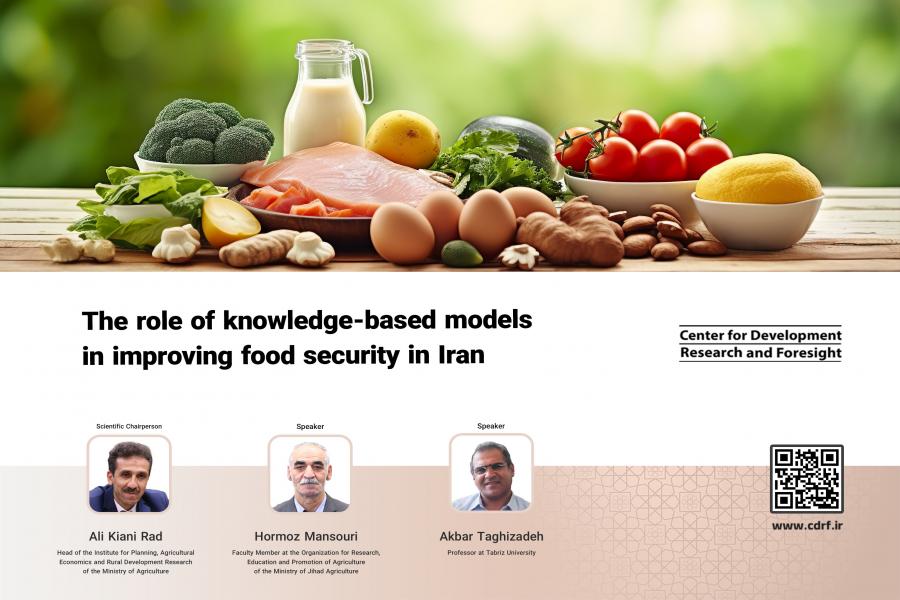
The Role of Knowledge-Based Models in Improving Food Security in Iran
The conference titled “The Role of Knowledge-Based Models in Improving Food Security in Iran” at the Center for Development Research and Foresight brought together experts to discuss the critical issue of food security in the country. The conference highlighted the challenges facing Iran's agricultural sector and explored potential solutions.
Shedding light on the Minimum Wage Policy in Iran
The recent conference titled “Shedding light on the Minimum Wage Policy in Iran” at the Center for Development Research and Foresight brought together economists and policymakers to discuss the country's wage policies. Hojjatollah Mirzaei, a faculty member at Allameh Tabataba'i University, criticized the recent wage hikes as inadequate and unevenly implemented. He argued that they failed to keep pace with inflation, leaving workers worse off, and called for the government to be more transparent about the basis for the increases. Mirzaei also expressed concern about the lack of consistency across different sectors, noting that some firms struggle to comply with the mandated increases. He emphasized the need for a more nuanced approach that considers the specific challenges of different industries.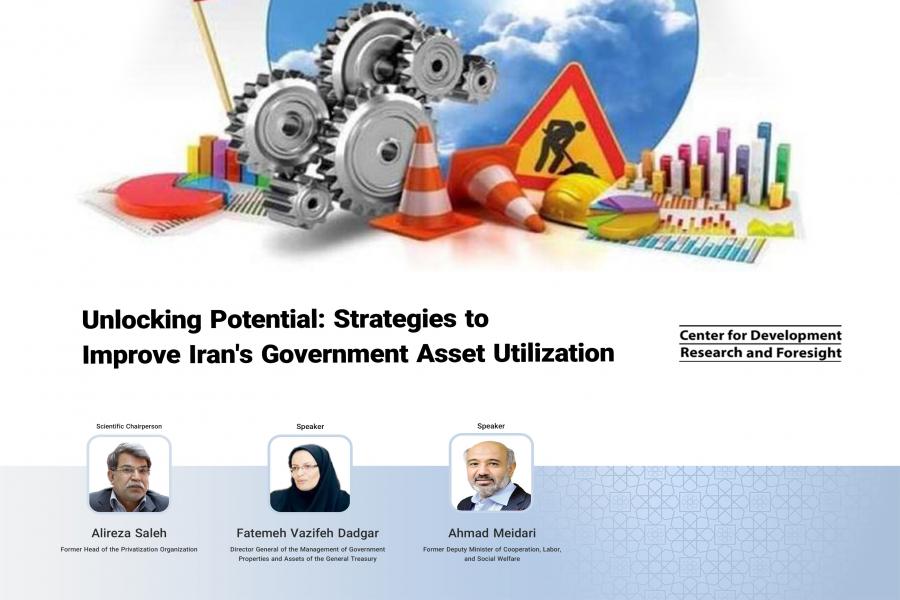
Unlocking Potential: Strategies to Improve Iran's Government Asset Utilization
In the conference titled “Unlocking Potential: Strategies to Improve Iran's Government Asset Utilization” at the Center for Development Research and Foresight aimed at addressing the challenges of managing government assets, Iranian officials discussed issues ranging from inefficient asset allocation to the need for legal reforms. The conference brought together experts from various sectors to explore strategies for maximizing the value of government-owned properties and resources.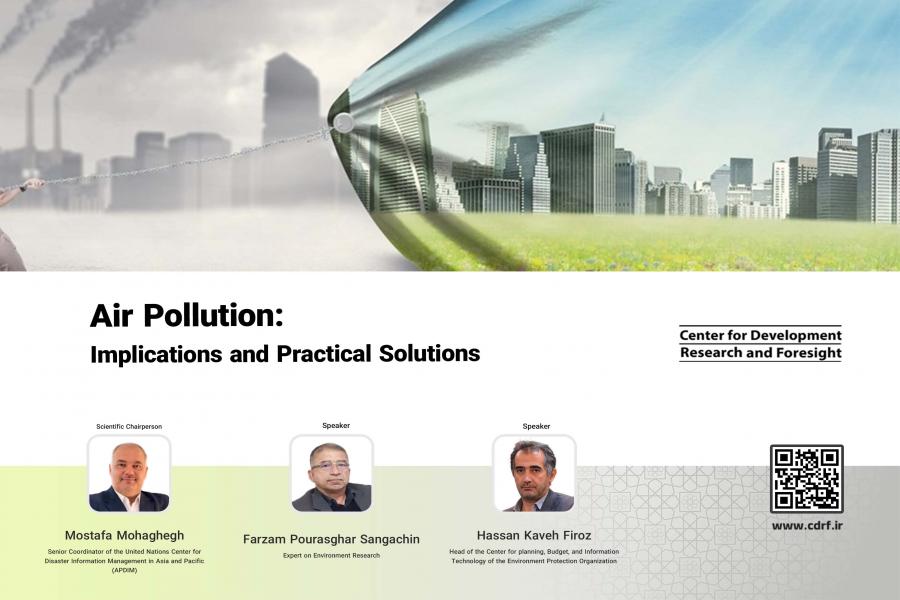
Air Pollution: Challenges and Operational Solutions
Air pollution is a major threat facing the world today, with millions of deaths attributed to it each year, according to experts who convened at the scientific-specialized conference titled "Air Pollution: Challenges and Operational Solutions" at the Center for Development Research and Foresight.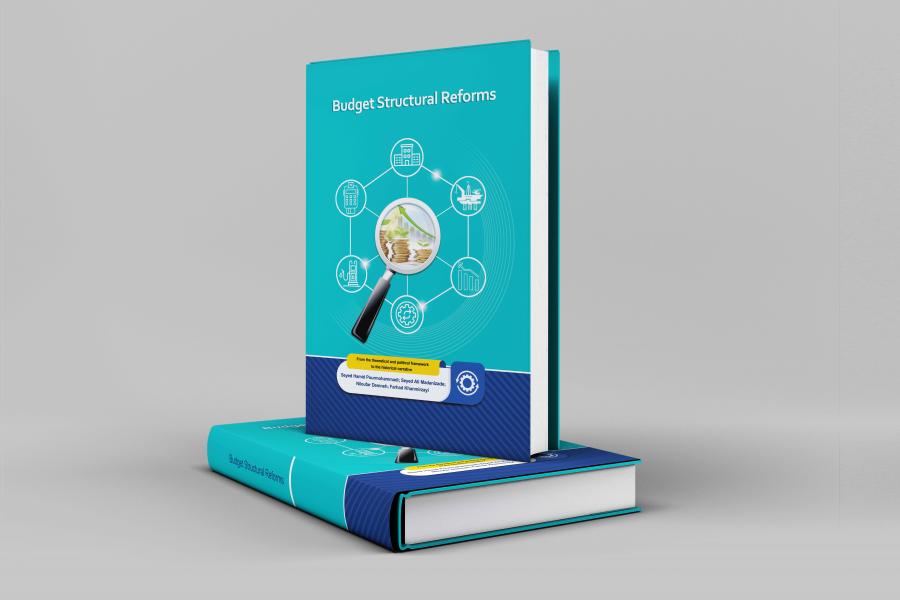
Structural Budget Reforms (From Theoretical and Policy Framework to Historical Narrative)
The book Structural Budget Reforms (From Theoretical and Policy Framework to Historical Narrative), published by the Center for Development and Foresight Research, provides a comprehensive overview of the structural budget reforms program in Iran.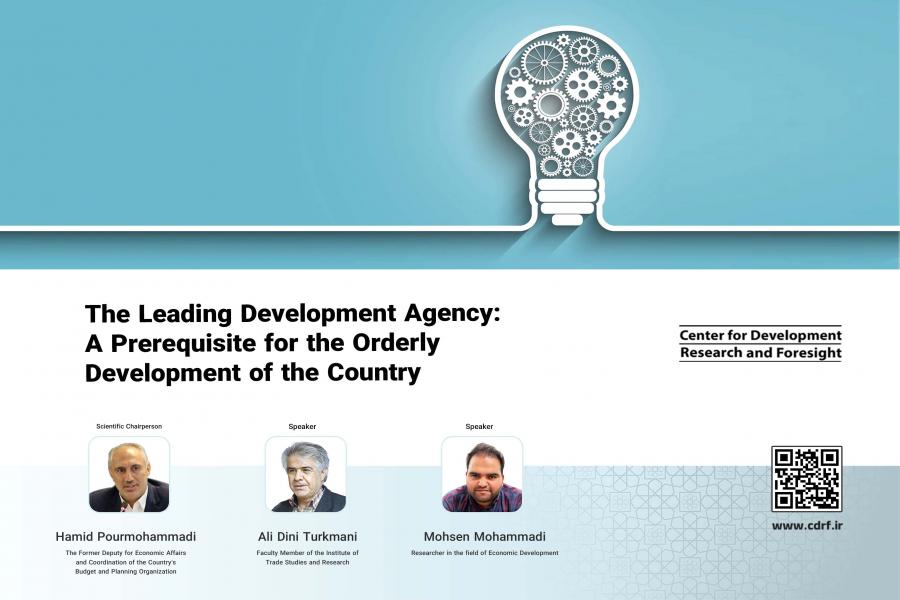
The Leading Development Agency: A Prerequisite for the Orderly Development of the Country
Iran might be looking to a new approach to development. The recent conference at the Center for Development Research and Foresight in tandem with the University of Tehran's Faculty of Governance titled "The Leading Development Agency: A Prerequisite for the Orderly Development of the Country" addressed the significance of a super agency with more power and a sharper focus than existing government bodies.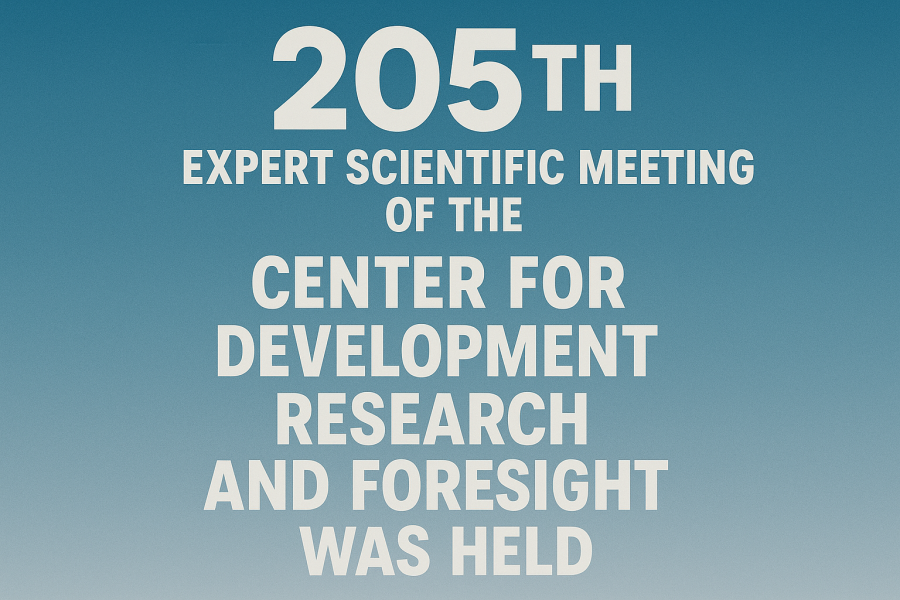
The 205th Expert Scientific Meeting of the Center for Development Research and Foresight (CDRF) was held
According to the Public Relations Office of the CDRF, the 205th Expert Scientific Meeting of the CDRF was held under the title 'Requirements and Challenges of Using the Public-Private Partnership Approach in Investment for Production'.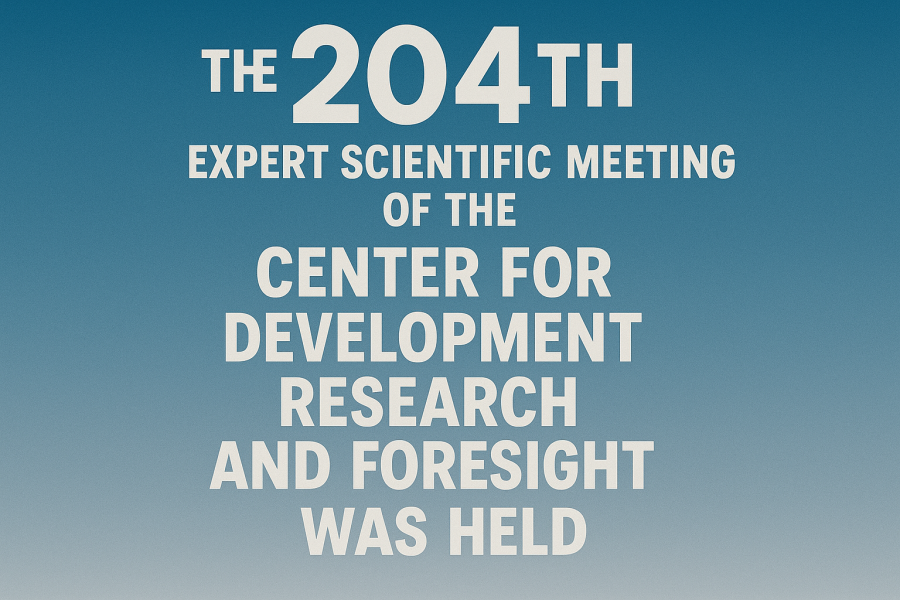
The 204th Expert Scientific Meeting of the Center for Development Research and Foresight (CDRF) was held.
According to the Public Relations Office of the CDRF, the 204th Expert Scientific Meeting of the CDRF was held on Tuesday, April 15, 2025, under the title 'The Government's Orientation in Fulfilling the 1404 Slogan (Investment for Production).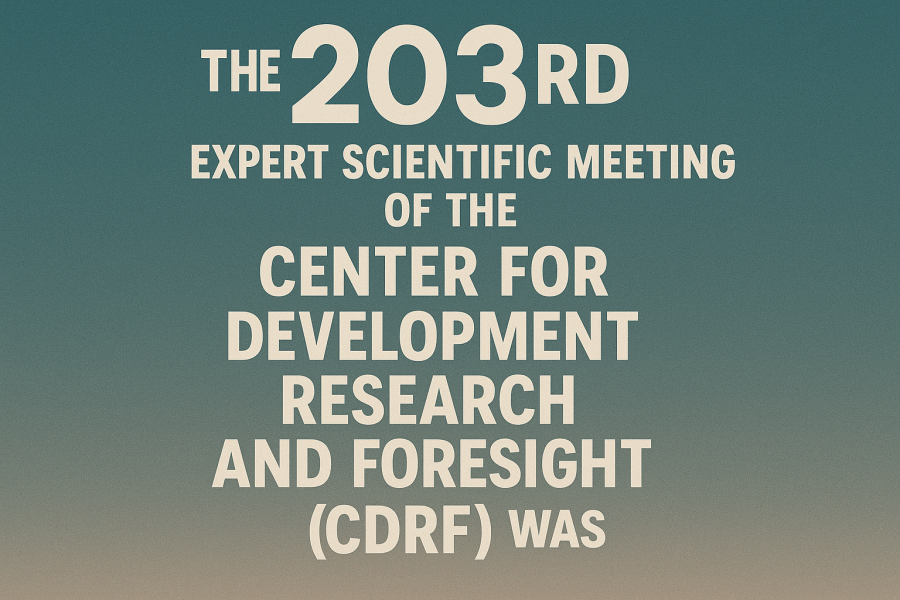
The 203rd Expert Scientific Meeting of the Center for Development Research and Foresight (CDRF) was held.
According to the Public Relations Office of the CDRF, the 203rd expert scientific meeting of the CDRF was held under the title “Analysis and Review of the Budget of State-Owned Enterprises in 1404 (2025-2026).” In this meeting, Mehdi Bagheri, former Head of State-Owned Enterprises, the Civil Servants Pension Fund (CSPF), and Public Institutions Affairs of the Plan and Budget Organization of the Islamic Republic of Iran (PBO), served as the scientific chair of the meeting. Additionally, Hassan Khoshpour, former Head of State-Owned Enterprises Affairs of the PBO, and Mohammad Nasir Arab Nosratabadi, Head of the State-Owned Enterprises and Non-Governmental Public Institutions Group of the PBO, participated as the keynote speakers, presenting their viewpoints.
The 202nd Expert Scientific Meeting of the Center for Development Research and Foresight (CDRF) was held.
According to the Public Relations Office of the CDRF, the fifth international meeting and the 202nd expert scientific meeting of the CDRF was held under the title “The Impacts of Land Degradation and Climate Change on Iran's Economic and Social Development.” In this meeting, Mostafa Mohaghegh, Senior Coordinator of the United Nations Asian and Pacific Center for the Development of Disaster Information Management (APDIM), served as the scientific chair of the meeting. In addition, Farzam Pourasghar Sangachin, a researcher and expert in the field of environment, and Sanjay Kumar Srivastava, Chief of Disaster Risk Reduction at the United Nations Economic and Social Commission for Asia and the Pacific (ESCAP), participated as keynote speakers, presenting their viewpoints.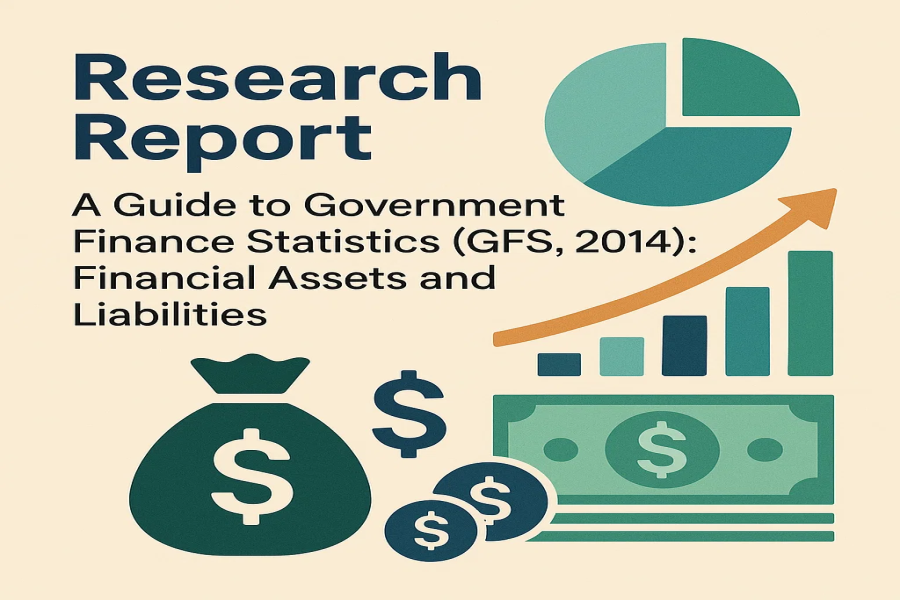
Research Report for a Guide to Government Finance Statistics (GFS, 2014): Financial Assets and Liabilities
According to the Public Relations Office of the Center, the research report titled A Guide to Government Finance Statistics (GFS, 2014): Financial Assets and Liabilities has been published by the Research Group on Modern Systems of Planning, Budgeting, and Modeling at the Center for Development Studies and Foresight. The introduction of the report states: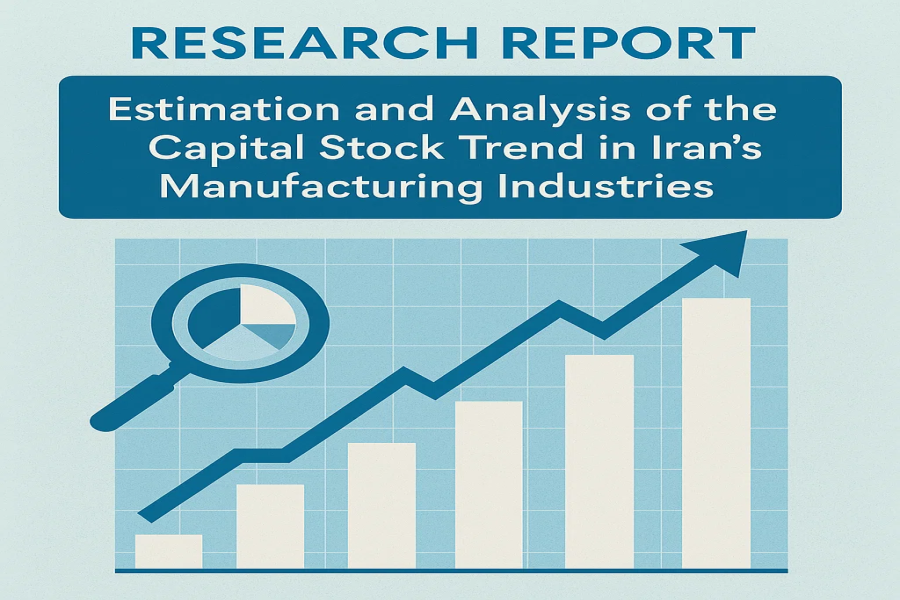
Research report on Estimation and Analysis of the Capital Stock Trend in Iran’s Manufacturing Industries
According to the Public Relations Office of the Center, the Research Group on Modern Systems of Planning, Budgeting, and Modeling at the Center for Development Studies and Foresight has published the research report titled: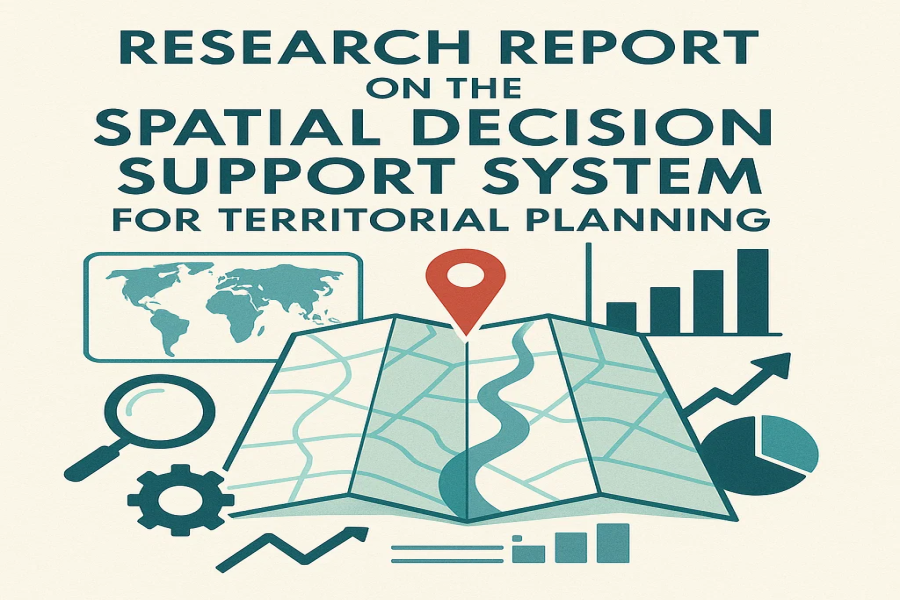
Research report on the Spatial Decision Support System for Territorial Planning
The Research Group on Land Use Planning, Regional Development, and Balance at the Center for Development Studies and Foresight has published its latest research report titled: "Spatial Decision Support System for Territorial Planning." The executive summary of the report states: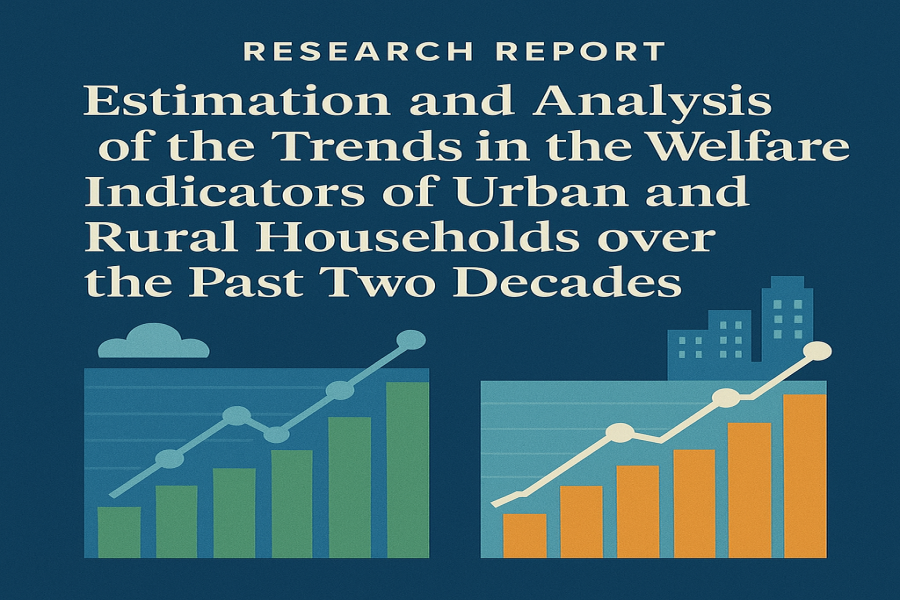
Research report on the Estimation and Analysis of the Trends in the Welfare Indicators of Urban and Rural Households over the Past Two Decades
According to the Public Relations Office of the Center, the Research Group on Modern Systems of Planning, Budgeting, and Modeling has published its latest research report titled: Estimation and Analysis of the Trends in the Welfare Indicators of Urban and Rural Households over the Past Two Decades. The executive summary of the report notes: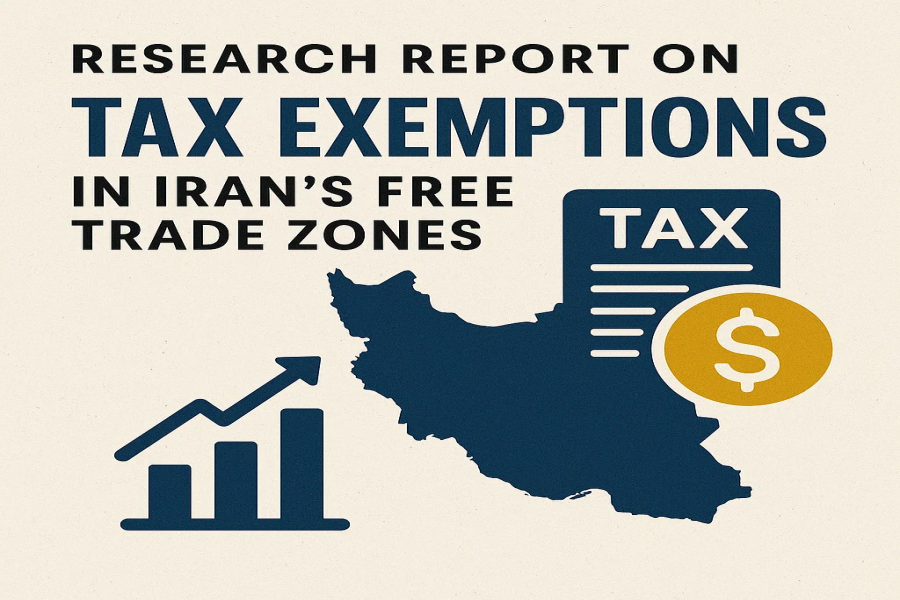
Research Report on Tax Exemptions in Iran’s Free Trade Zones
According to the Center’s Public Relations Office, the research report “Tax Exemptions in Iran’s Free Trade Zones” has been published by the Research Group for New Systems of Planning, Budgeting, and Modeling at the Center for Development and Foresight Research. A section of the executive summary of this report states: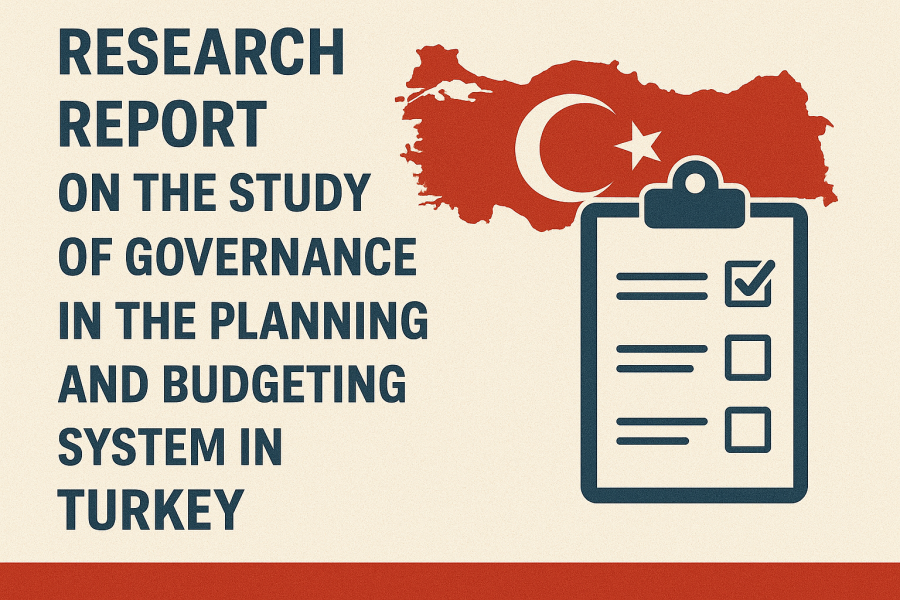
Research report on the Study of Governance in the Planning and Budgeting System in Turkey
According to the Public Relations of the Center for Development and Foresight Research, the Research Group on Modern Systems of Planning, Budgeting, and Modeling published a research report titled "Study of Governance in the Planning and Budgeting System in Turkey" in November 2024.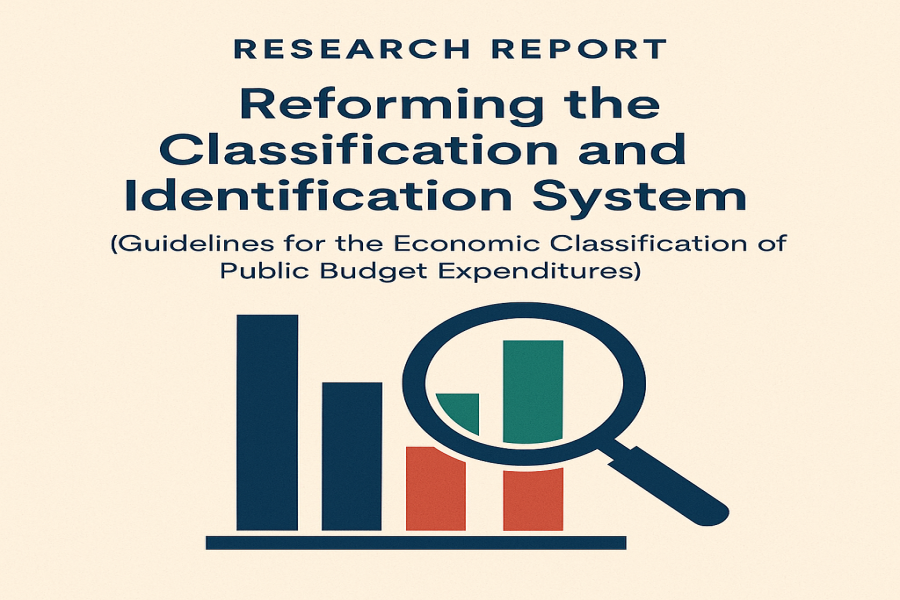
Research report on Reforming the Classification and Identification System (Guidelines for the Economic Classification of Public Budget Expenditures)
The Public Relations Office of the Center for Development and Foresight Research announced that the Research Group on Modern Planning, Budgeting, and Modeling at the center has released a new research report titled "Reforming the Classification and Identification System (Guidelines for the Economic Classification of Public Budget Expenditures)."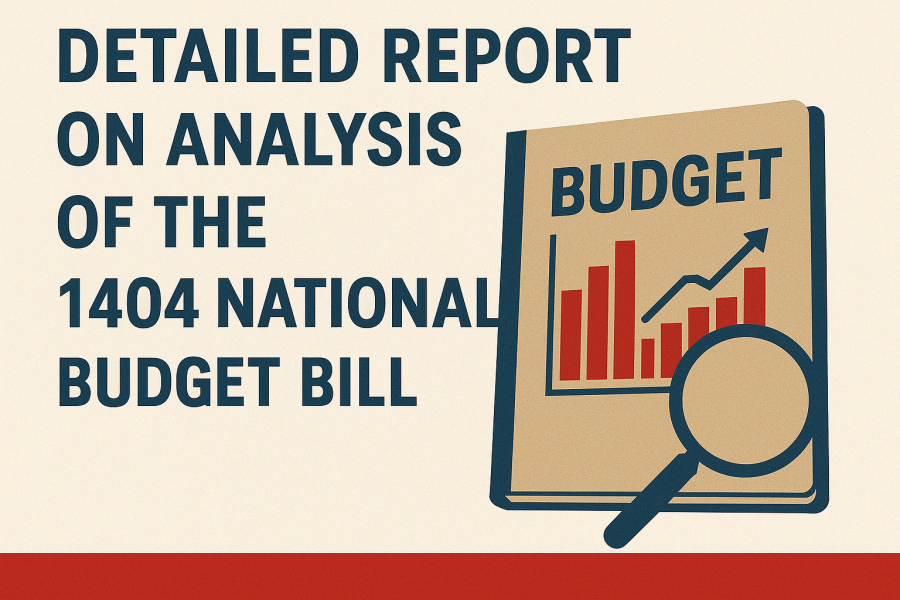
Detailed report on analysis of the 1404 national budget bill
According to the Public Relations Office of the Center for Development and Foresight Studies, the Research Group on New Planning, Budgeting, and Modeling Systems at the center has published a research report titled "Explanation and Analysis of the 1404 National Budget Bill". The executive summary of this report states: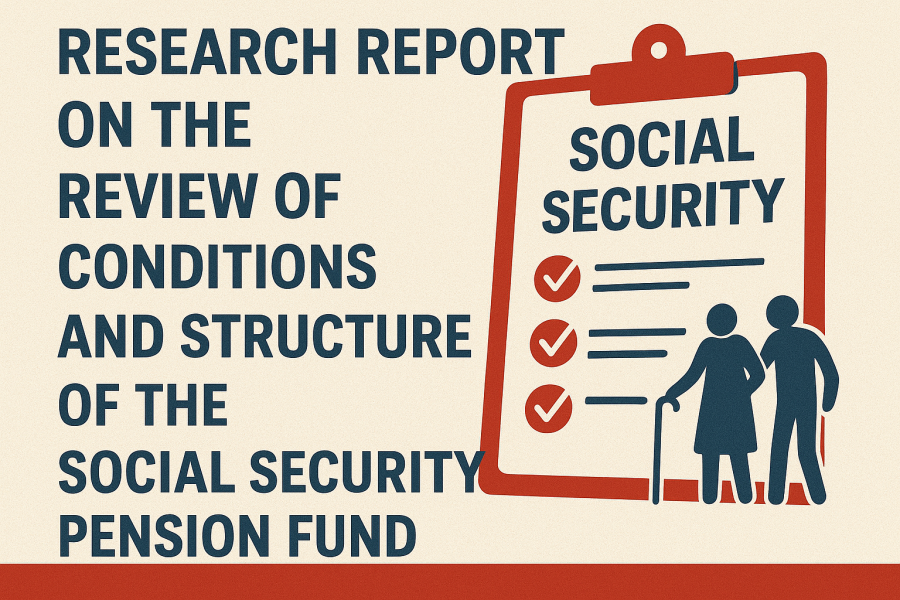
Research report on the Review of Conditions and Structure of the Social Security Pension Fund
The latest research report titled “Review of Conditions and Structure of the Social Security Pension Fund” has been released by the Public Relations Office of the Center for Development and Foresight Research. This report was prepared by the Research Group on Modern Planning, Budgeting, and Modeling Systems, in collaboration with the specialized working group on Enhancing Intelligent, Technological, and Community-Based Oversight at the First National Conference on Improving Budgeting Processes in Iran.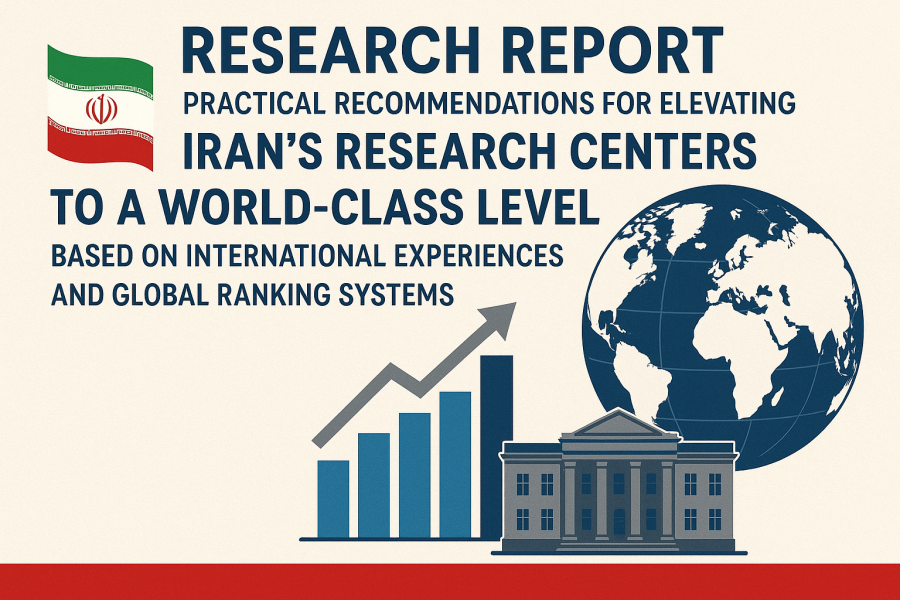
Research report on Practical Recommendations for Elevating Iran’s Research Centers to a World-Class Level Based on International Experiences and Global Ranking Systems
According to the Public Relations of the Center for Development and Foresight Research, the latest research report titled "Practical Recommendations for Elevating Iran’s Research Centers to a World-Class Level Based on International Experiences and Global Ranking Systems" has been released by the Research Group on Modern Planning, Budgeting, and Modeling.
The 201st Expert Scientific Meeting of the Center for Development Research and Foresight (CDRF) was held.
According to the Public Relations Office of the CDRF, the eleventh session of the series entitled “The Future Outlook of Iran” and the 201st meeting of the CDRF was held under the title “A Critical Assessment of the Vision of the Islamic Republic of Iran in the Horizon of 1404 AH.”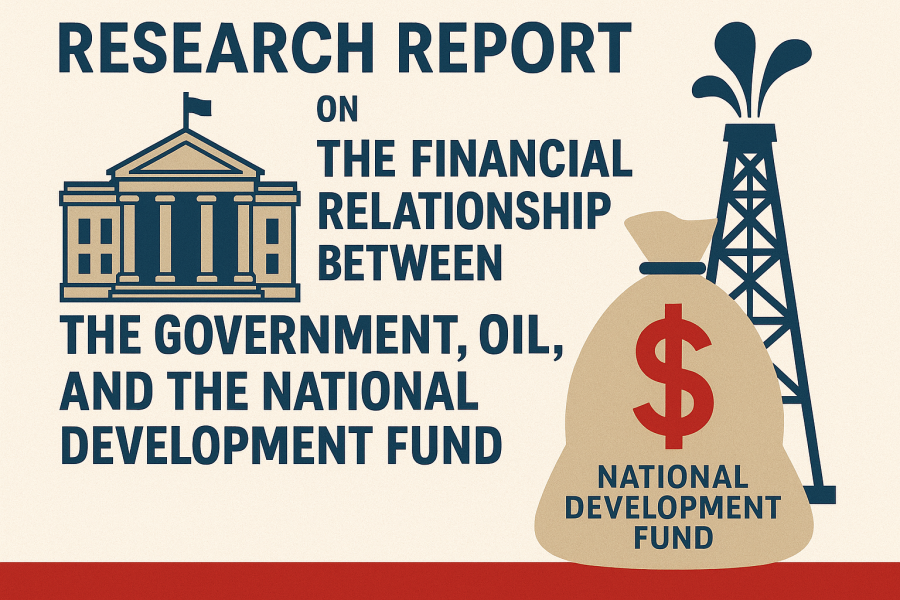
Research report on The Financial Relationship between the Government, Oil, and the National Development Fund
According to the Public Relations Office of the Center for Development and Foresight Research, the Research Group on Modern Systems of Planning, Budgeting, and Modeling has published a research report titled "The Financial Relationship between the Government, Oil, and the National Development Fund." This report is the outcome of expert discussions held within the specialized working group on Macroeconomics and Sustainable Development, as part of the series of events for the First National Conference on Improving the Budgeting Process in Iran.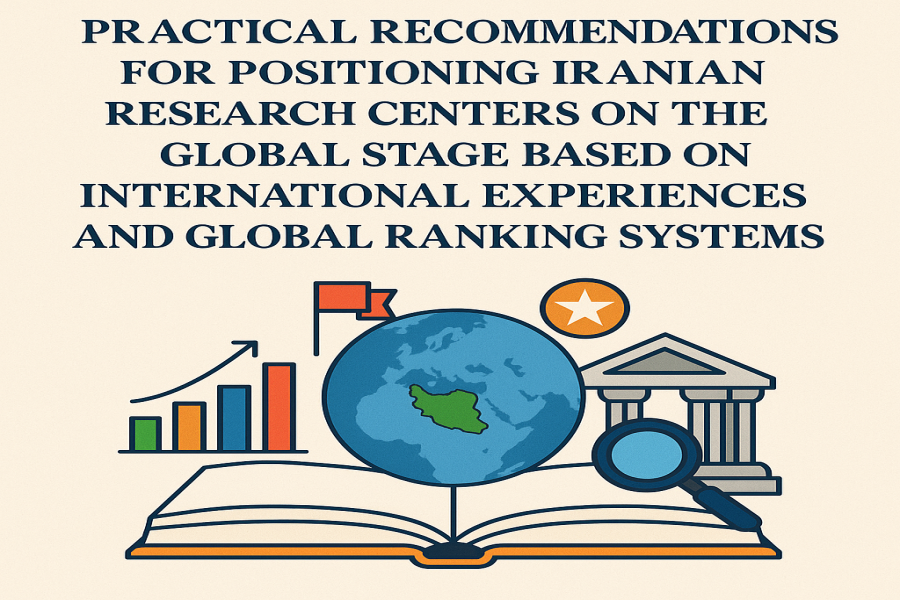
The research report titled “Practical Recommendations for Positioning Iranian Research Centers on the Global Stage Based on International Experiences and Global Ranking Systems” was published.
According to the Public Relations Office of the Center for Development Research and Foresight (CDRF), the latest research report of the CDRF entitled “Practical Recommendations for Positioning Iranian Research Centers on the Global Stage Based on International Experiences and Global Ranking Systems,” has been published by the Research Group on Modern Planning, Budgeting, and Modeling Systems. The executive summary of this research report states: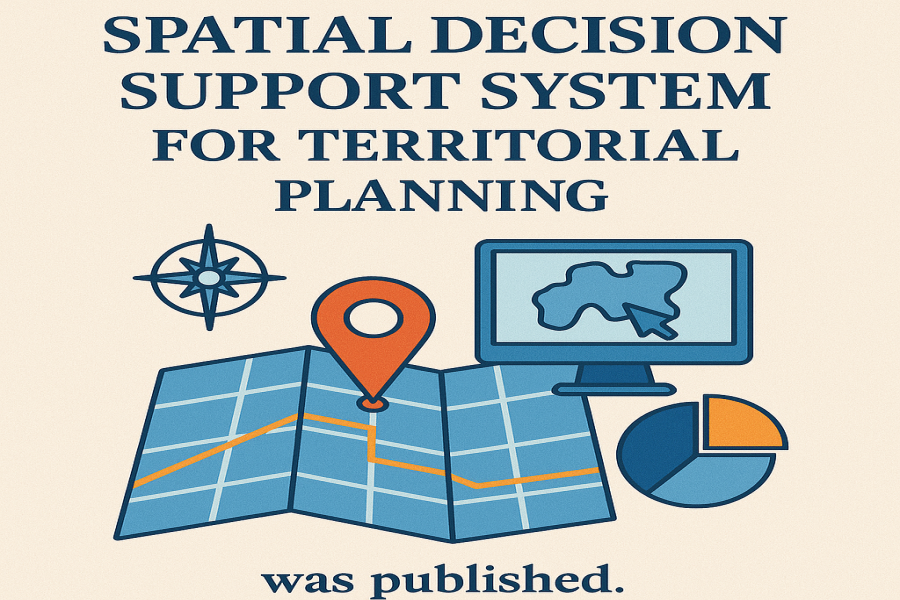
The research report titled “Spatial Decision Support System for Territorial Planning” was published.
The Territorial Planning, Development, and Regional Balance Research Group of the Center for Development Research and Foresight (CDRF) has published its latest research report entitled “Spatial Decision Support System for Territorial Planning.” The executive summary of this research report states: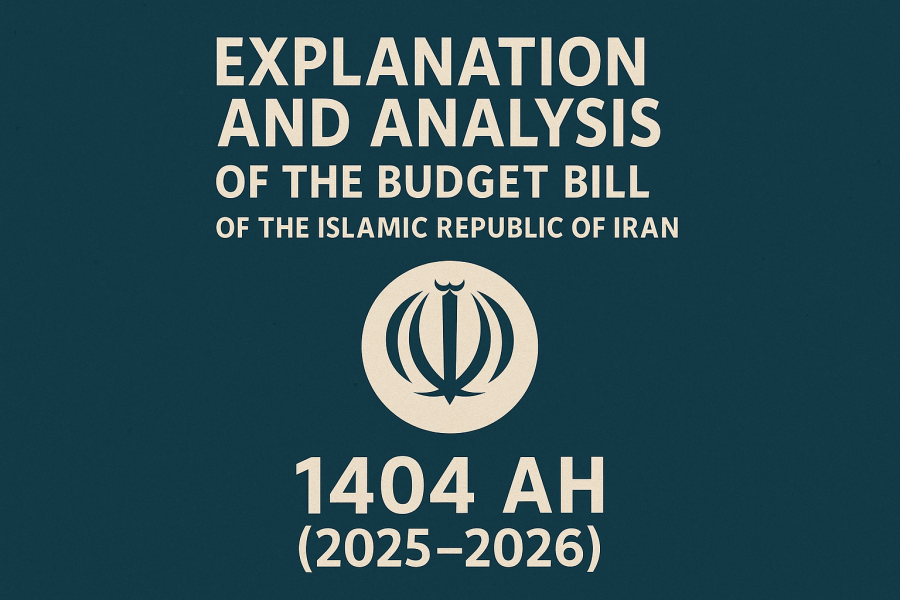
The report titled “Explanation and Analysis of the Budget Bill of the Islamic Republic of Iran 1404 AH (2025-2026)” was published.
According to the Public Relations Office of the Center for Development Research and Foresight (CDRF), the Research Group for Innovative Planning, Budgeting, and Modeling Systems of the CDRF has published a research report entitled “Explanation and Analysis of the Budget Bill of the Islamic Republic of Iran 1404 AH (2025-2026).” The executive summary of this report states: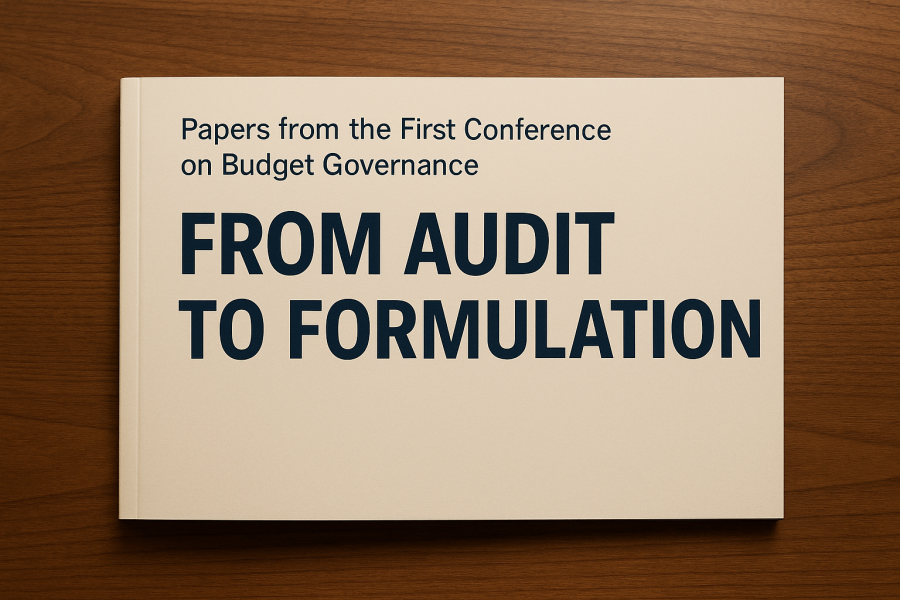
The collection of papers from the First Conference on Budget Governance: From Audit to Formulation was published.
According to the Public Relations Office of the Center for Development Research and Foresight (CDRF), the CDRF has published the collection of papers accepted by the review committee for the First National Conference on Improving the Budgeting Process in Iran, titled “Budget Governance: From Audit to Formulation.”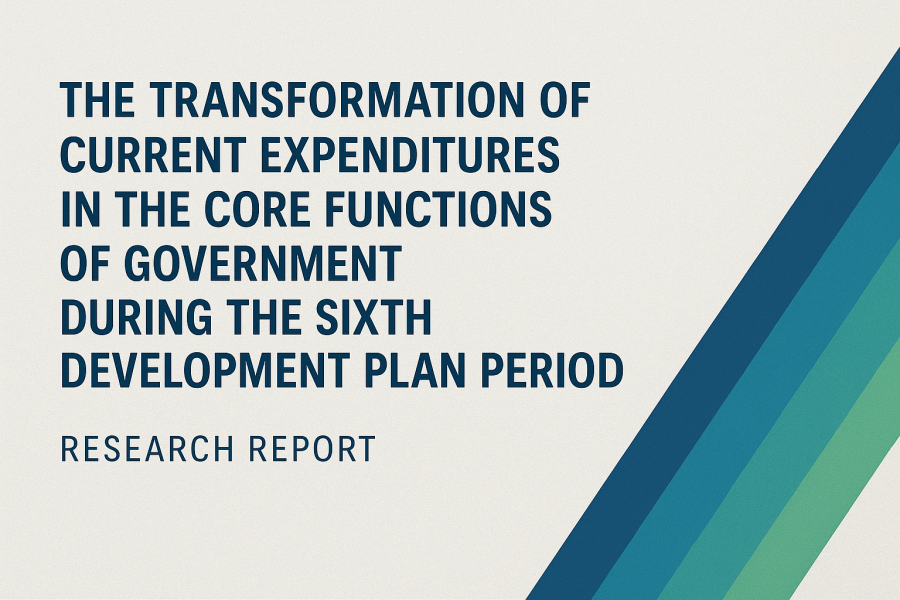
The research report titled “The Transformation of Current Expenditures in the Core Functions of Government during the Sixth Development Plan Period” was published.
According to the Public Relations Office of the Center for Development Research and Foresight (CDRF), the Research Group on Modern Planning, Budgeting, and Modeling Systems has published its latest research report entitled “The Transformation of Current Expenditures in the Core Functions of Government during the Sixth Development Plan Period.” The executive summary of this research report states: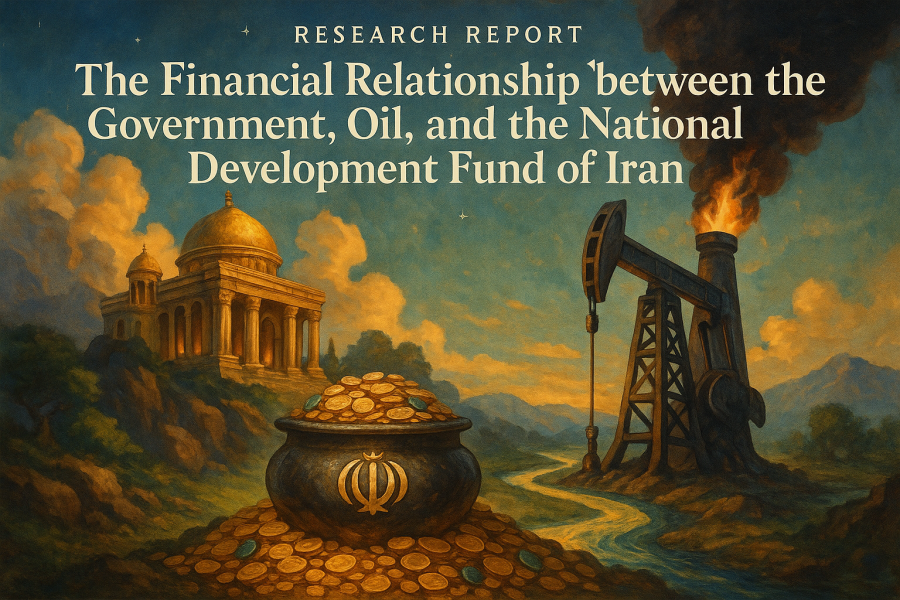
The research report titled “The Financial Relationship between the Government, Oil, and the National Development Fund of Iran” was published.
According to the Public Relations Office of the Center for Development Research and Foresight (CDRF), the Research Group on Modern Planning, Budgeting, and Modeling Systems has published a research report entitled “The Financial Relationship between the Government, Oil, and the National Development Fund of Iran.” This report is the outcome of expert discussions held within the Expert Working Group on Macroeconomics and Sustainable Development, conducted as part of the series of events of the First National Conference on Improving the Budgeting Process in Iran. The executive summary of this research report states: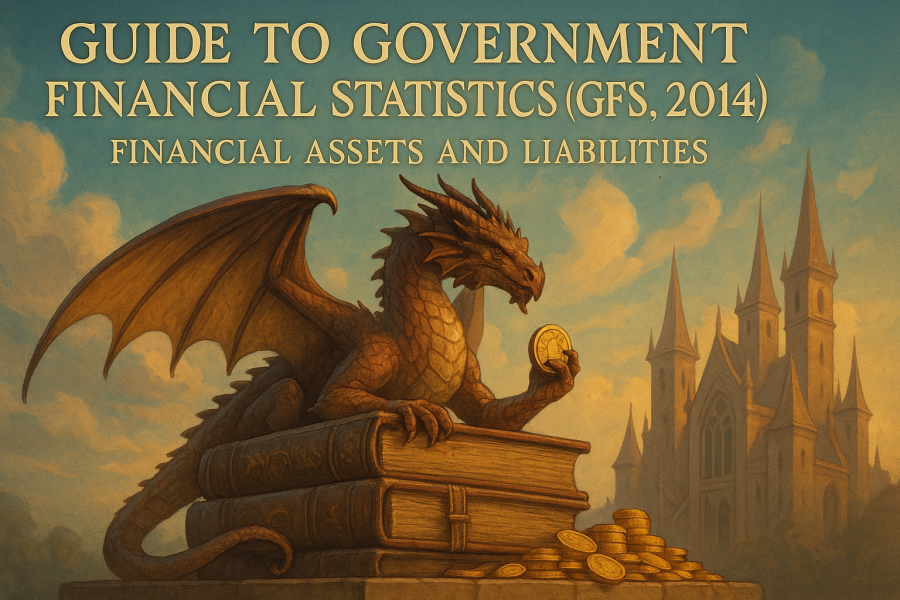
The research report titled “Guide to Government Financial Statistics (GFS, 2014): Financial Assets and Liabilities” was published.
According to the Public Relations Office of the Center for Development Research and Foresight (CDRF), the research report entitled “Guide to Government Financial Statistics (GFS, 2014): Financial Assets and Liabilities” has been published by the Research Group on Modern Planning, Budgeting, and Modeling Systems of the CDRF. A part of the introduction to this research report states: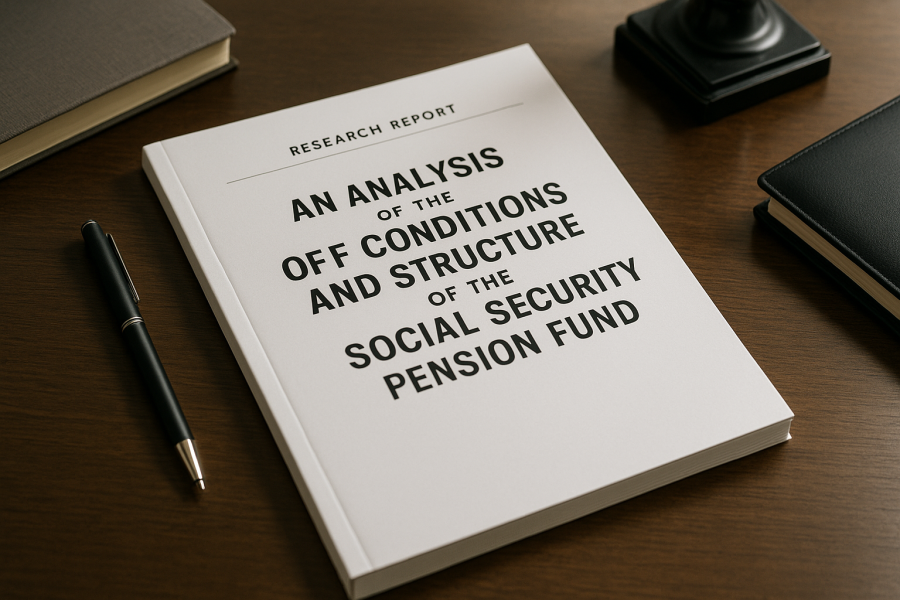
The research report titled “An Analysis of the Conditions and Structure of the Social Security Pension Fund” was published.
According to the Public Relations Office of the Center for Development Research and Foresight (CDRF), the latest research report of the CDRF entitled “An Analysis of the Conditions and Structure of the Social Security Pension Fund,” has been published by the Research Group on Modern Planning, Budgeting, and Modeling Systems, in collaboration with the Expert Task Force on enhancing smart, technological, and people-centered oversight, as part of the First National Conference on Improving the Budgeting Process in Iran. The executive summary of the report states: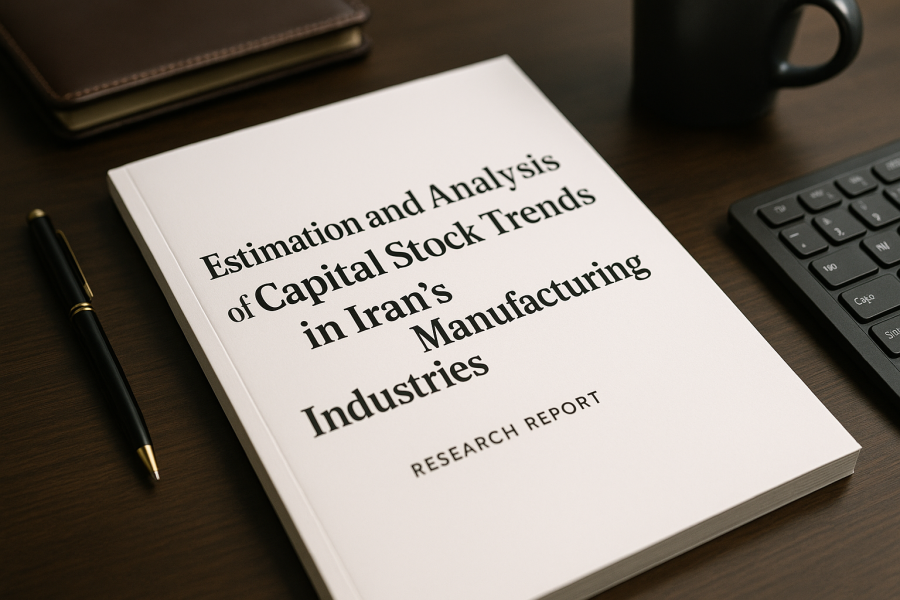
The research report titled “Estimation and Analysis of Capital Stock Trends in Iran’s Manufacturing Industries” was published.
According to the Public Relations Office of the Center for Development Research and Foresight (CDRF), the Research Group on Modern Planning, Budgeting, and Modeling Systems of the CDRF has published a research report entitled “Estimation and Analysis of Capital Stock Trends in Iran’s Manufacturing Industries.” A part of the introduction to this research report states: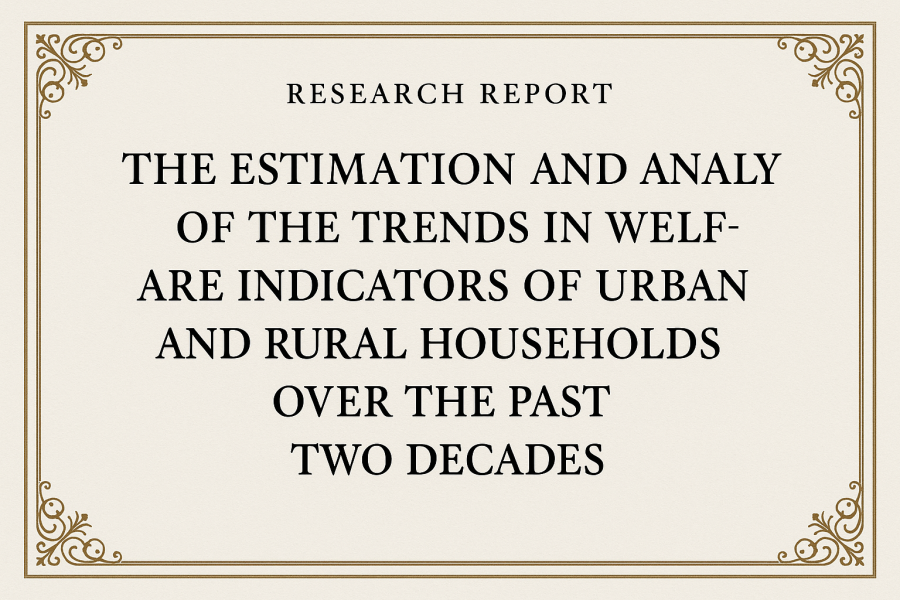
The research report titled “The Estimation and Analysis of the Trends in Welfare Indicators of Urban and Rural Households Over the Past Two Decades” was published.
According to the Public Relations Office of the Center for Development Research and Foresight (CGRF), the Research Group on Modern Planning, Budgeting, and Modeling Systems has published its latest research report entitled “The Estimation and Analysis of the Trends in Welfare Indicators of Urban and Rural Households Over the Past Two Decades.” A part of the executive summary of this research report states:
The 192nd Expert Scientific Meeting of the Center for Development Research and Foresight (CDRF) was held.
According to the Public Relations Office of the CDRF, the 192nd Expert Scientific Meeting of the CDRF was held under the title "Wildfires in the Zagros Forests: Challenges and Policy Recommendations." In this meeting, Farrokh Masjedi, Special Representative of the Head of the Plan and Budget Organization of the Islamic Republic of Iran (PBO) for the Preservation and Restoration of the Zagros Forests, served as the scientific chair of the meeting. Additionally, Mehrdad Akbarian, Representative of the Natural Resources and Watershed Management Organization, and Reza Siah Mansour, a faculty member at the Agricultural and Natural Resources Research and Education Center of Lorestan Province, participated as keynote speakers, presenting their viewpoints.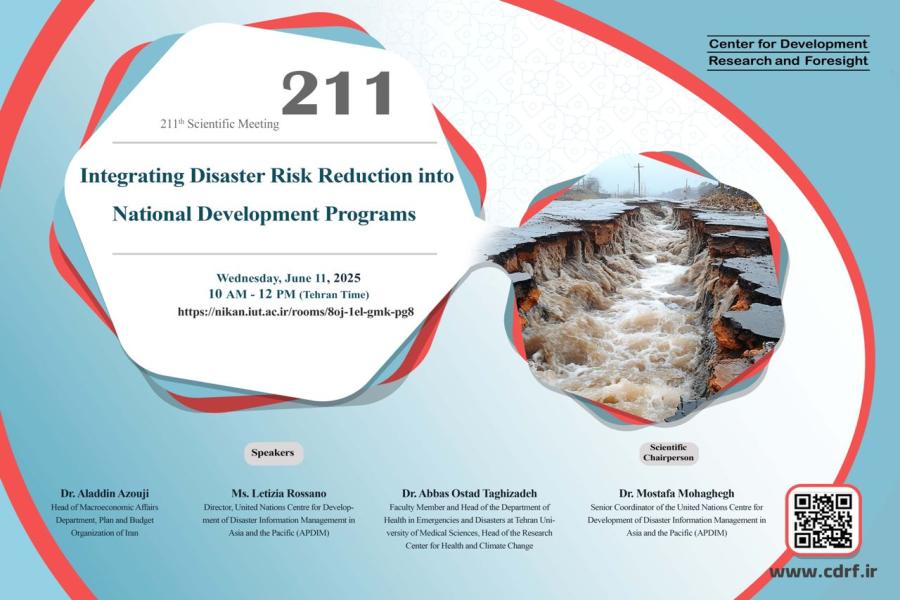
Meeting on “Integrating Disaster Risk Reduction into National Development Programs” to Be Convened
The seventh International and 211th scientific meeting of the Center for Development Research and Foresight (CDRF), titled "Integrating Disaster Risk Reduction into National Development Programs," will be held on Wednesday, June 11, 2025, from 10 AM to 12 PM. The event will be attended by the scientific, research, academic, and think tank members, experts, managers, and national and provincial executive body specialists.
امروز : سه شنبه، ۲۸ بهمن ۱۴۰۴

